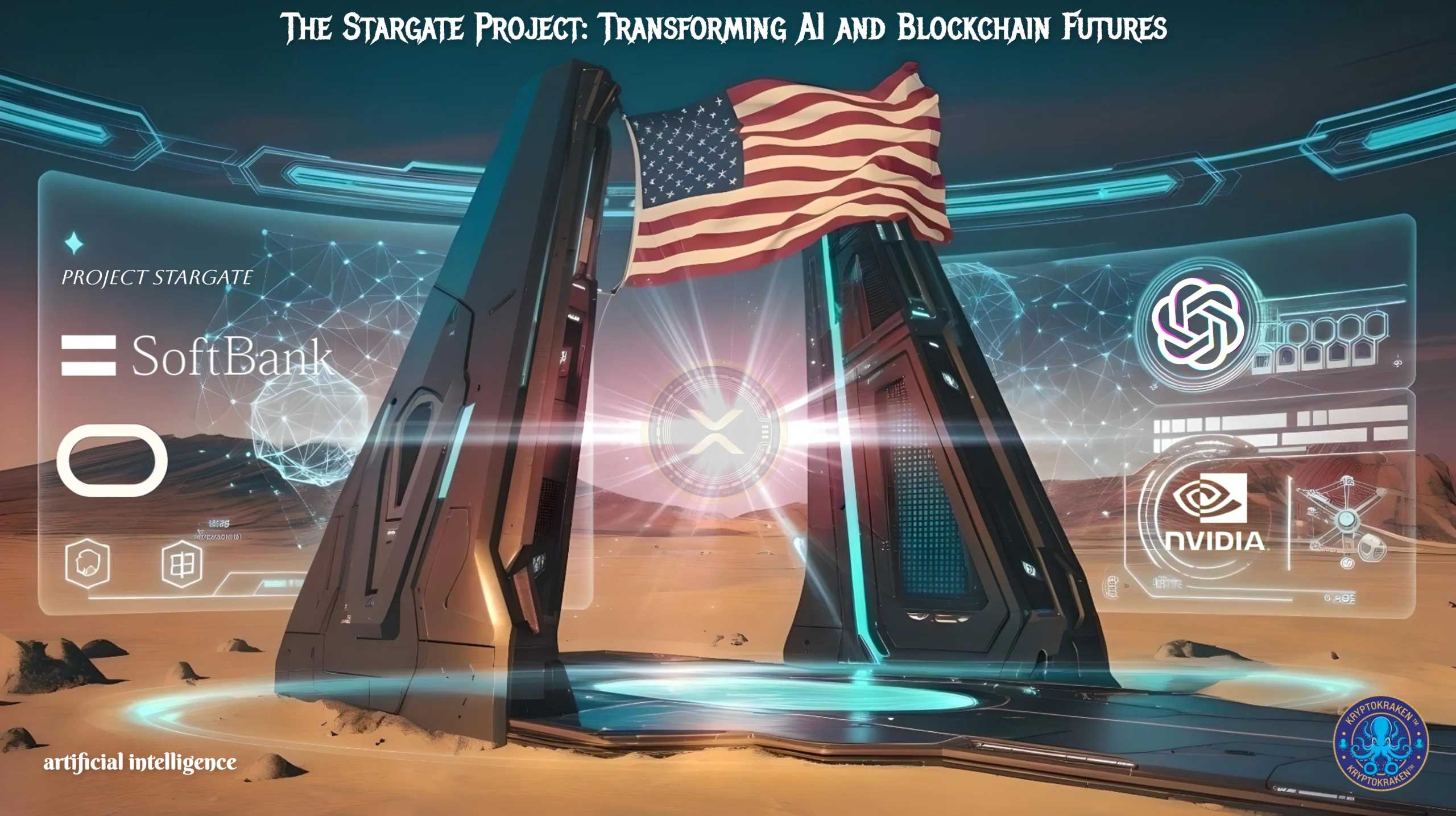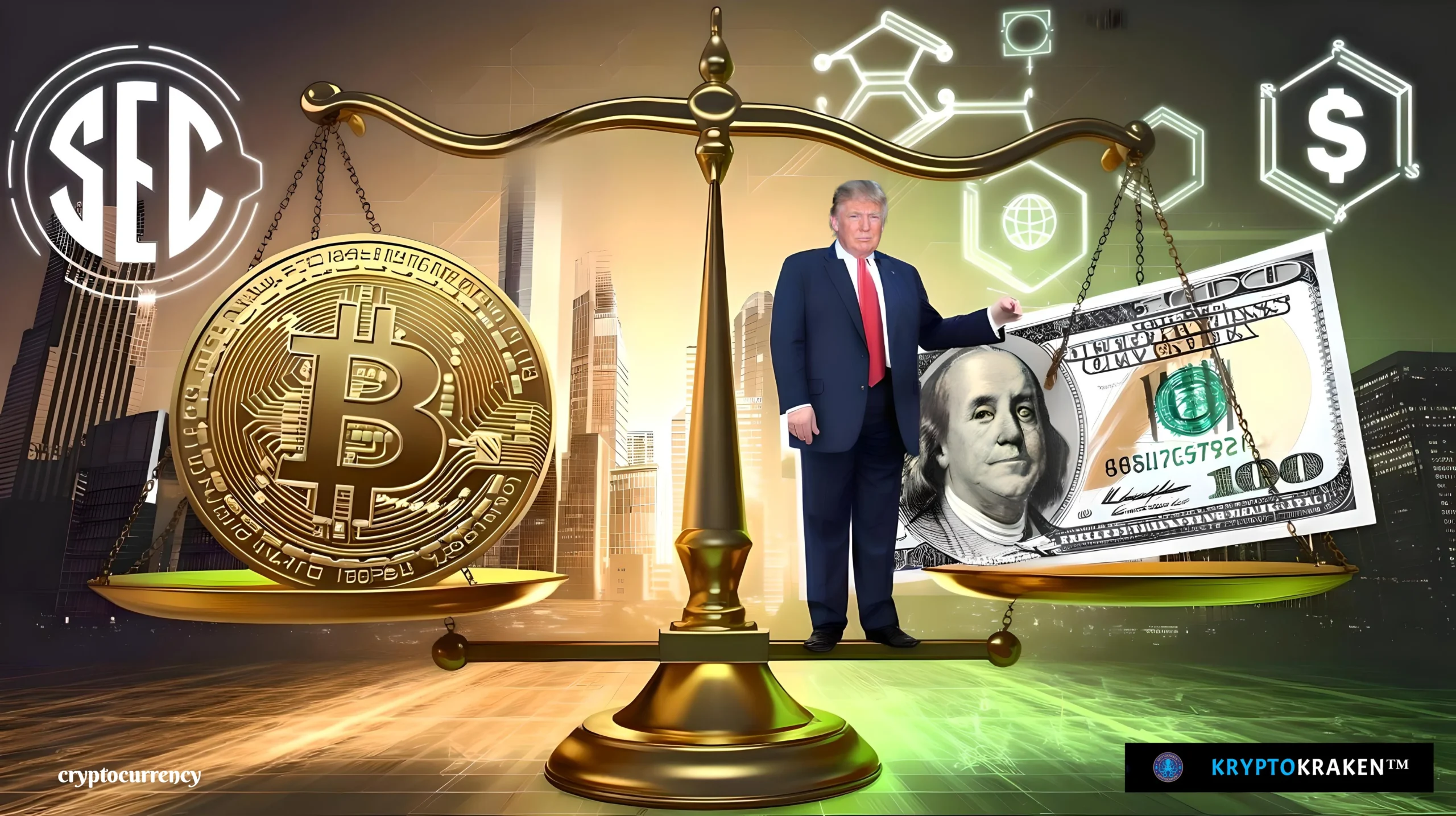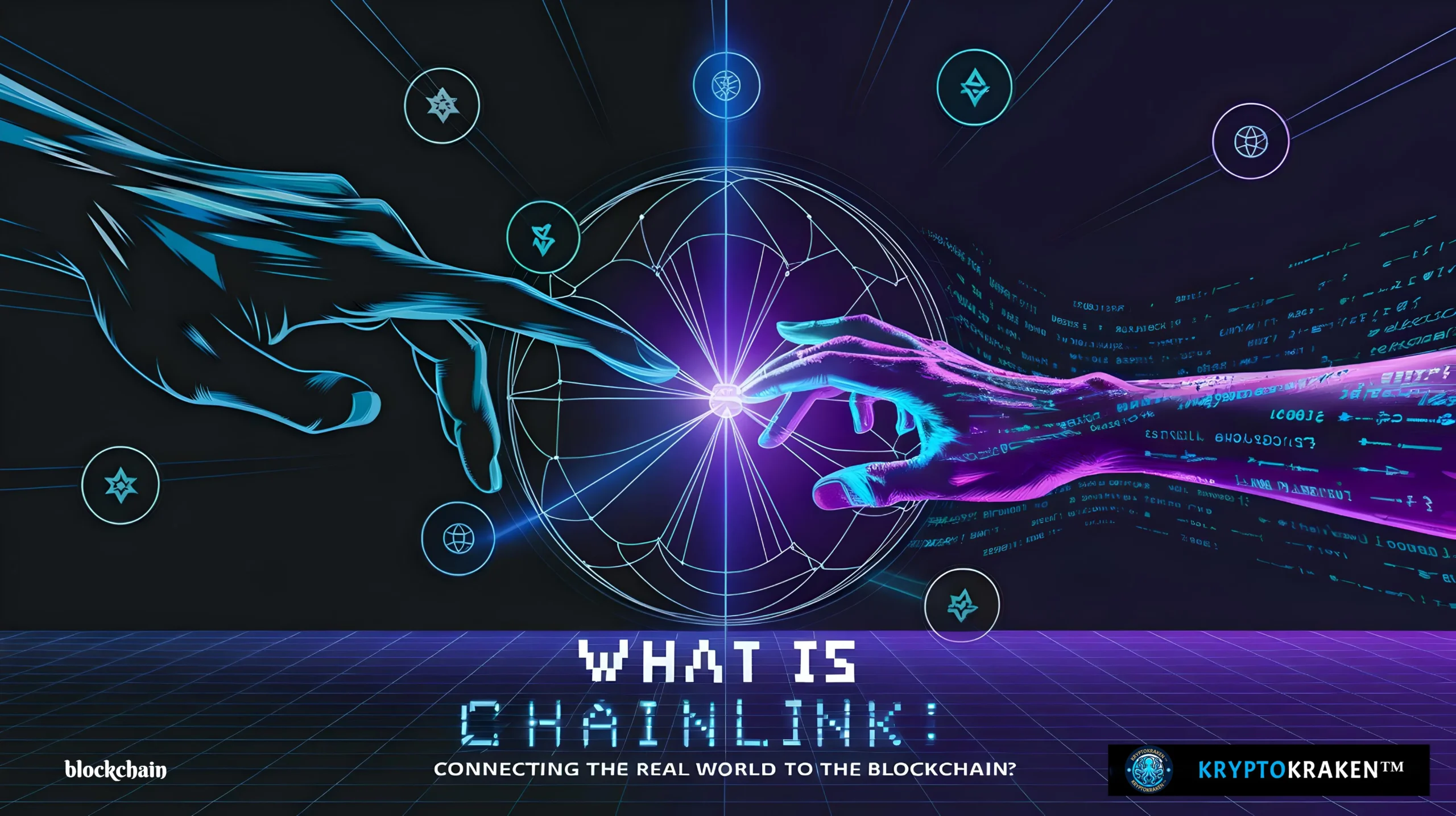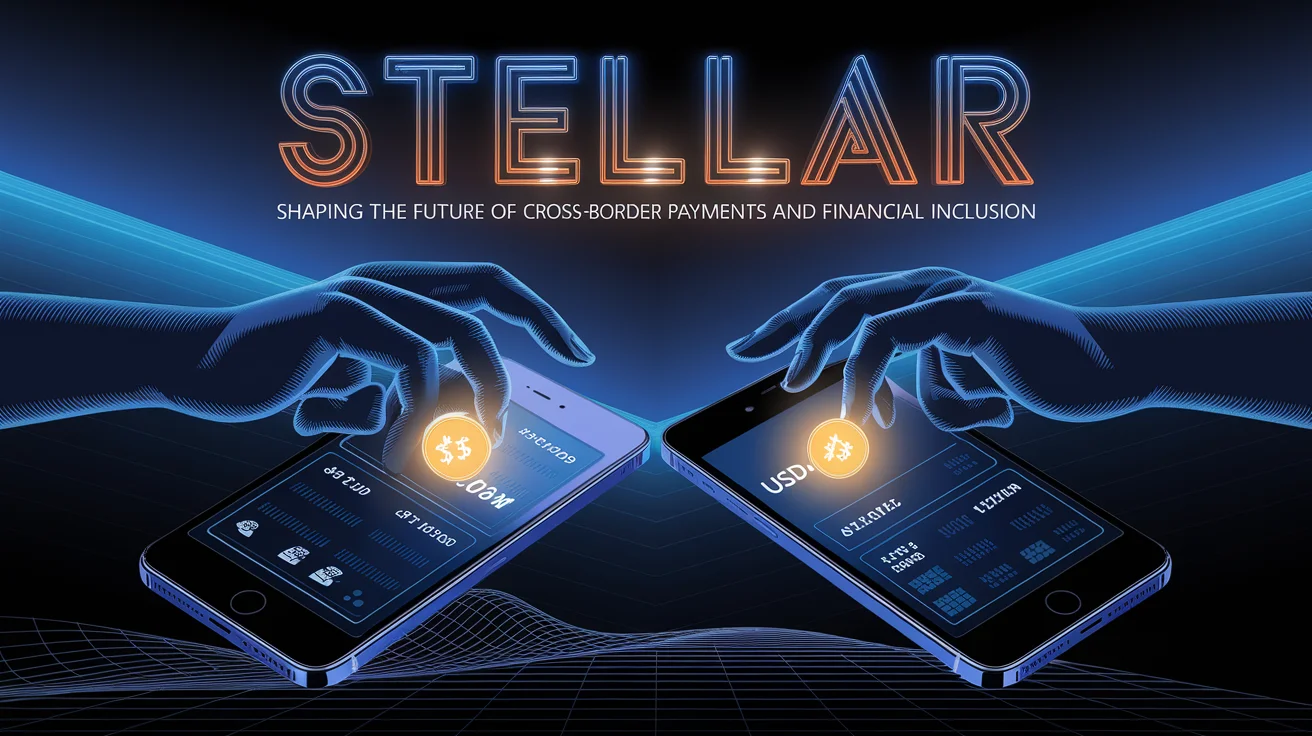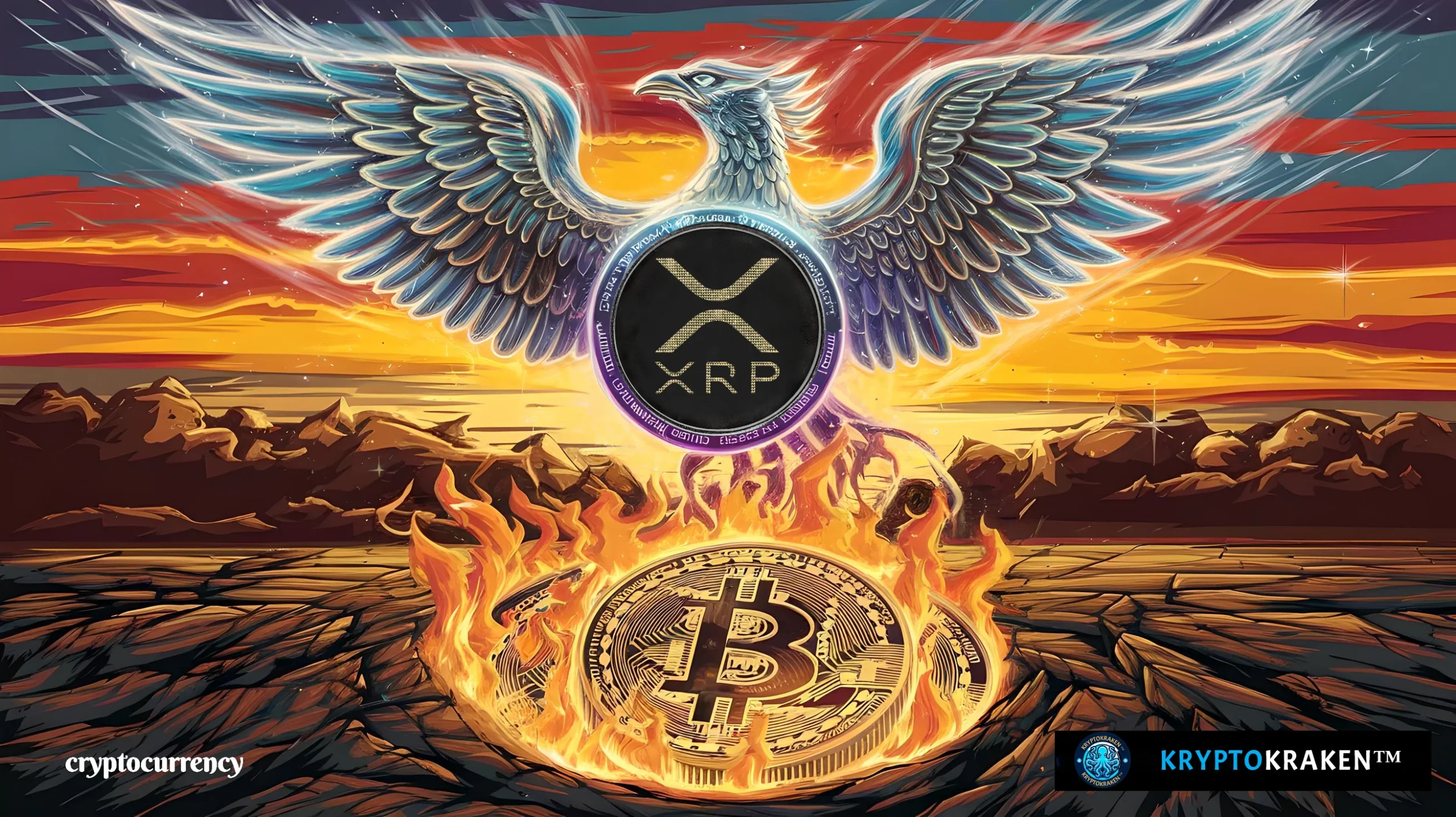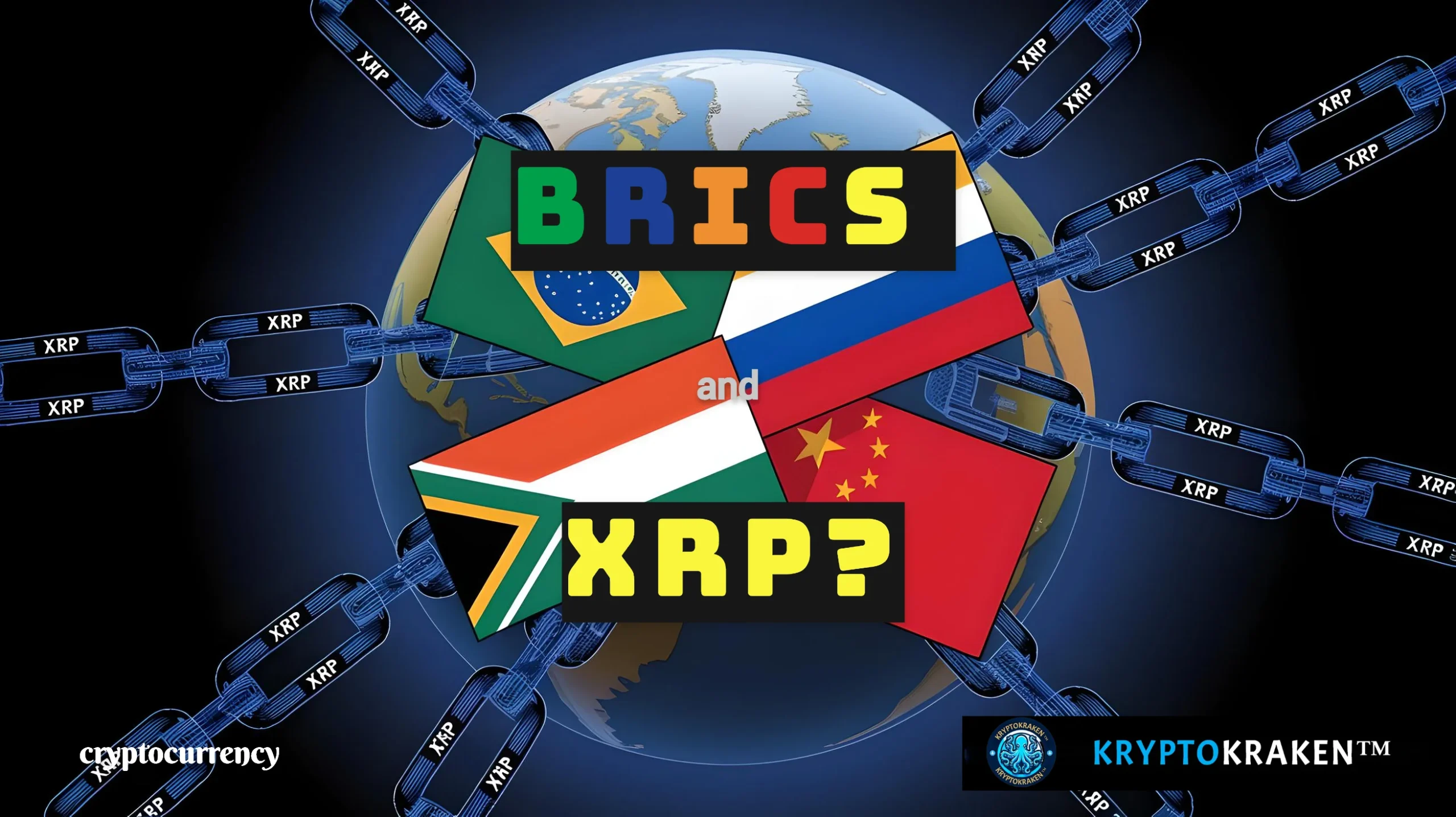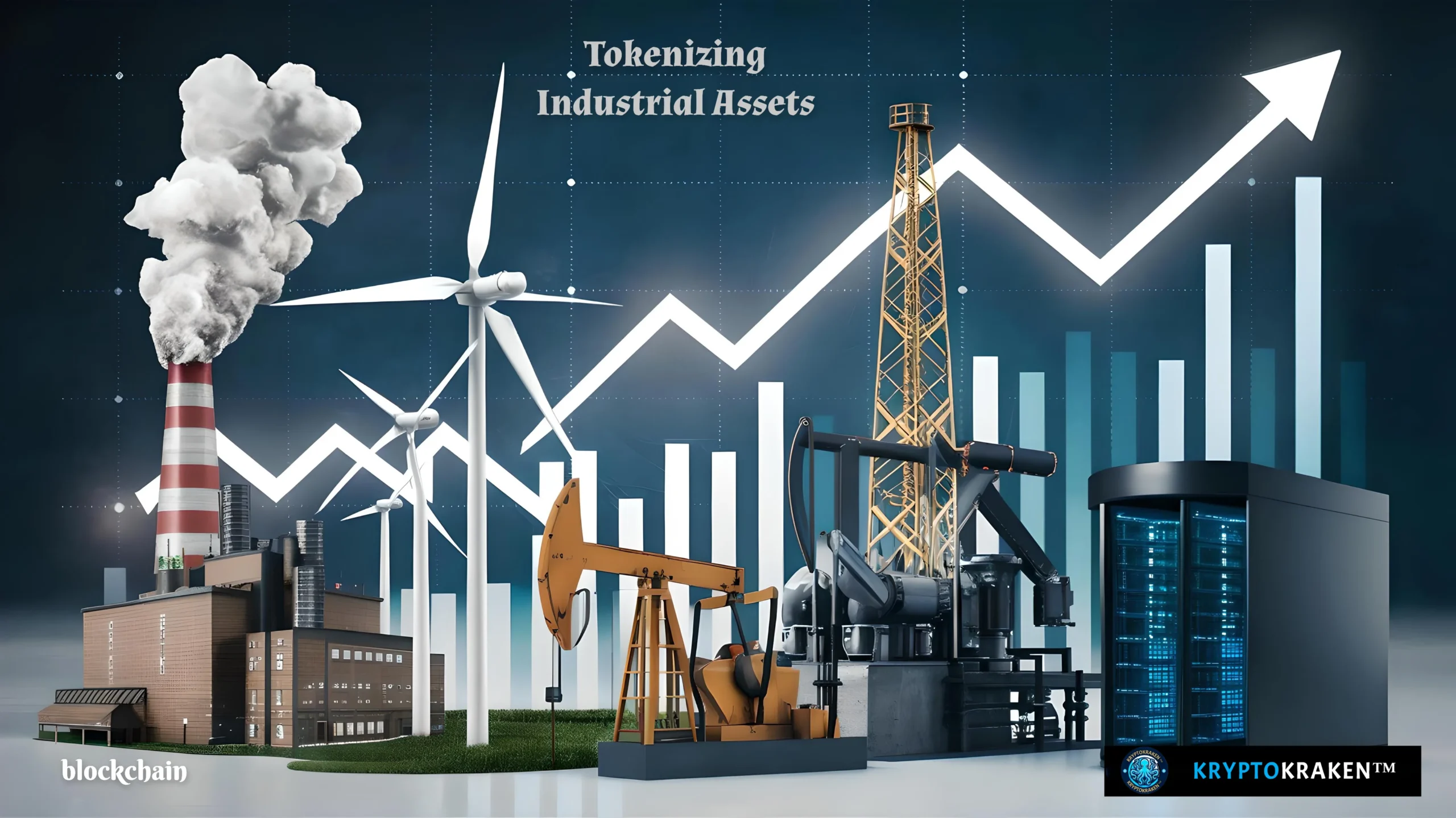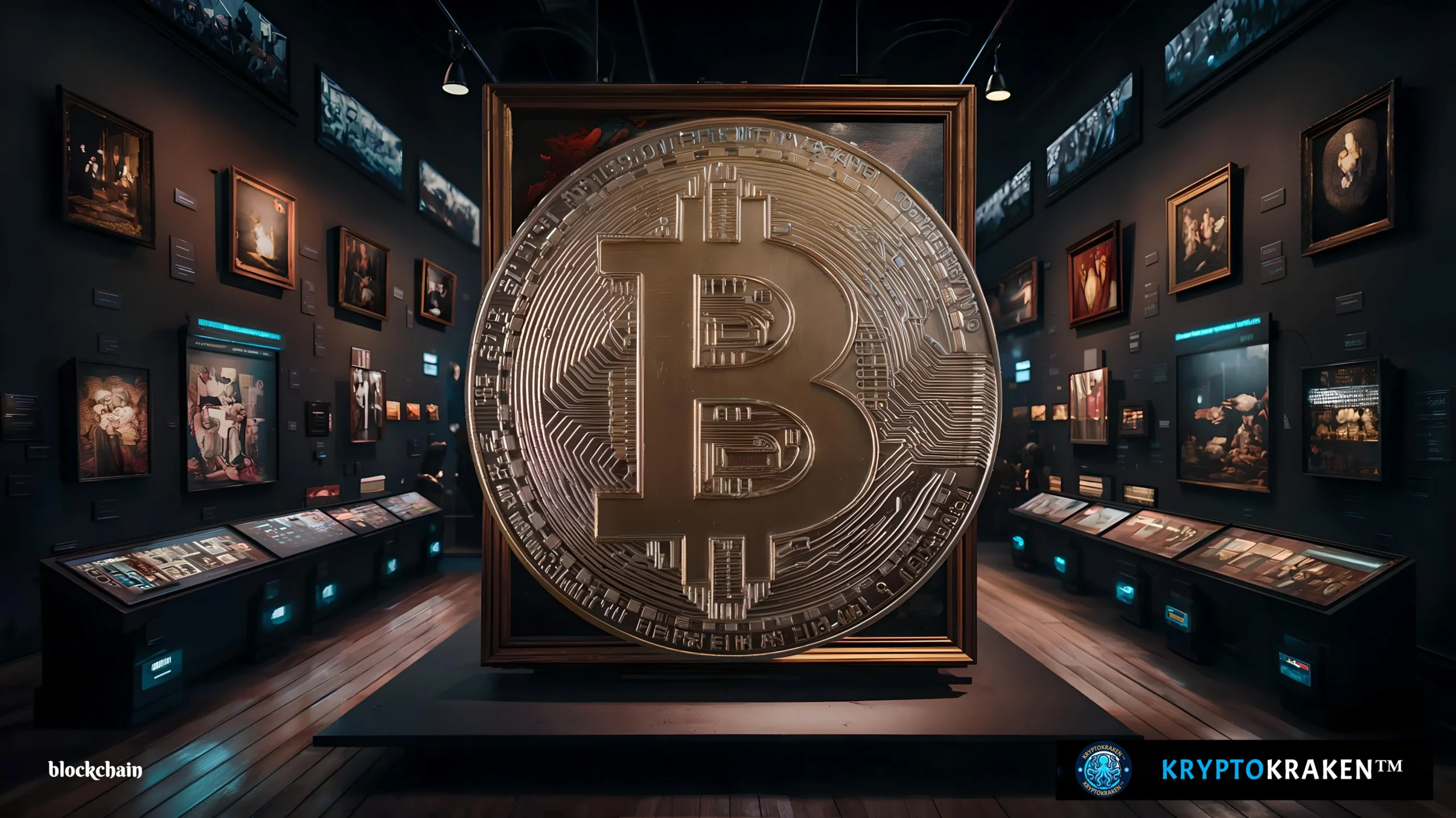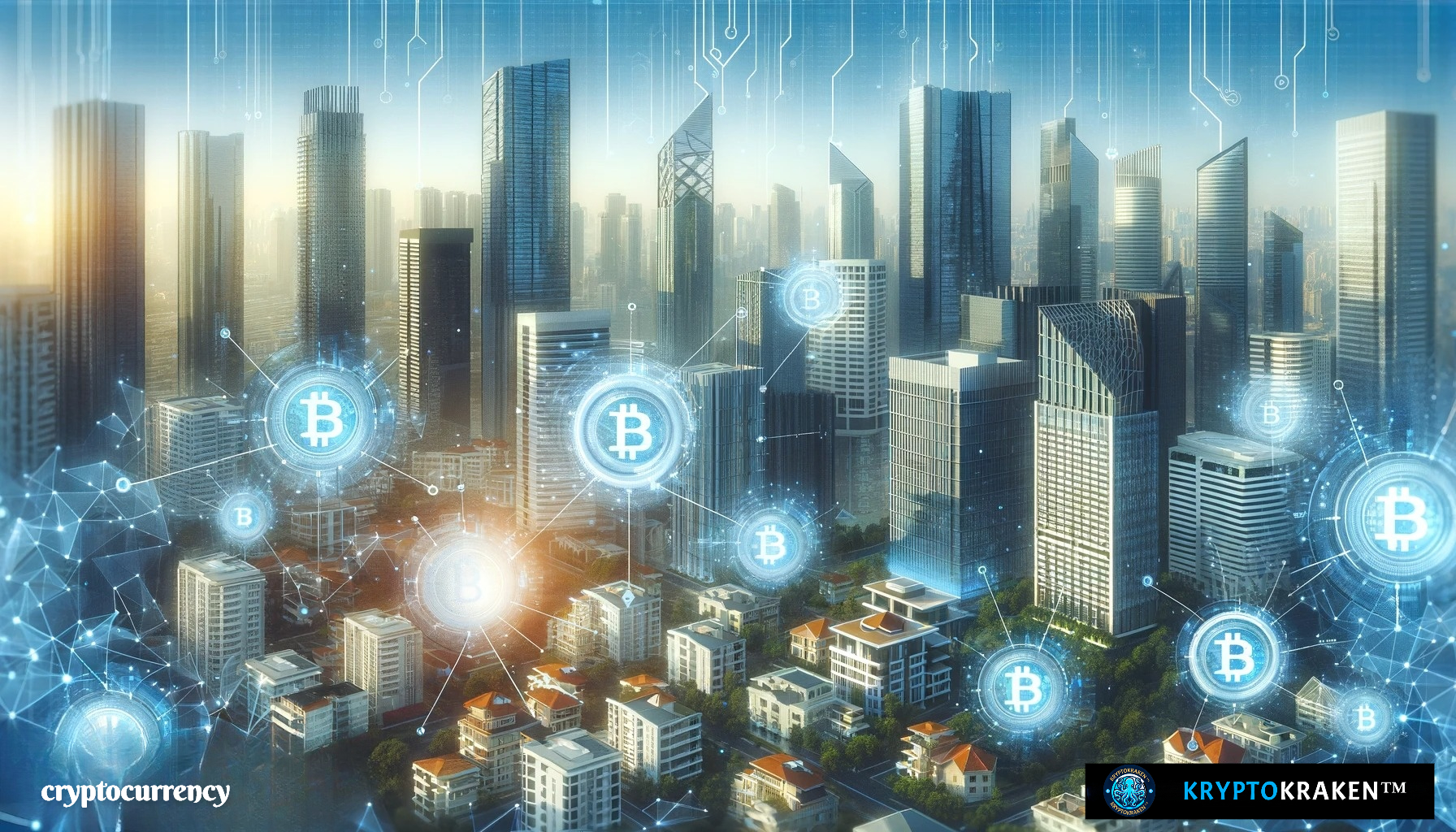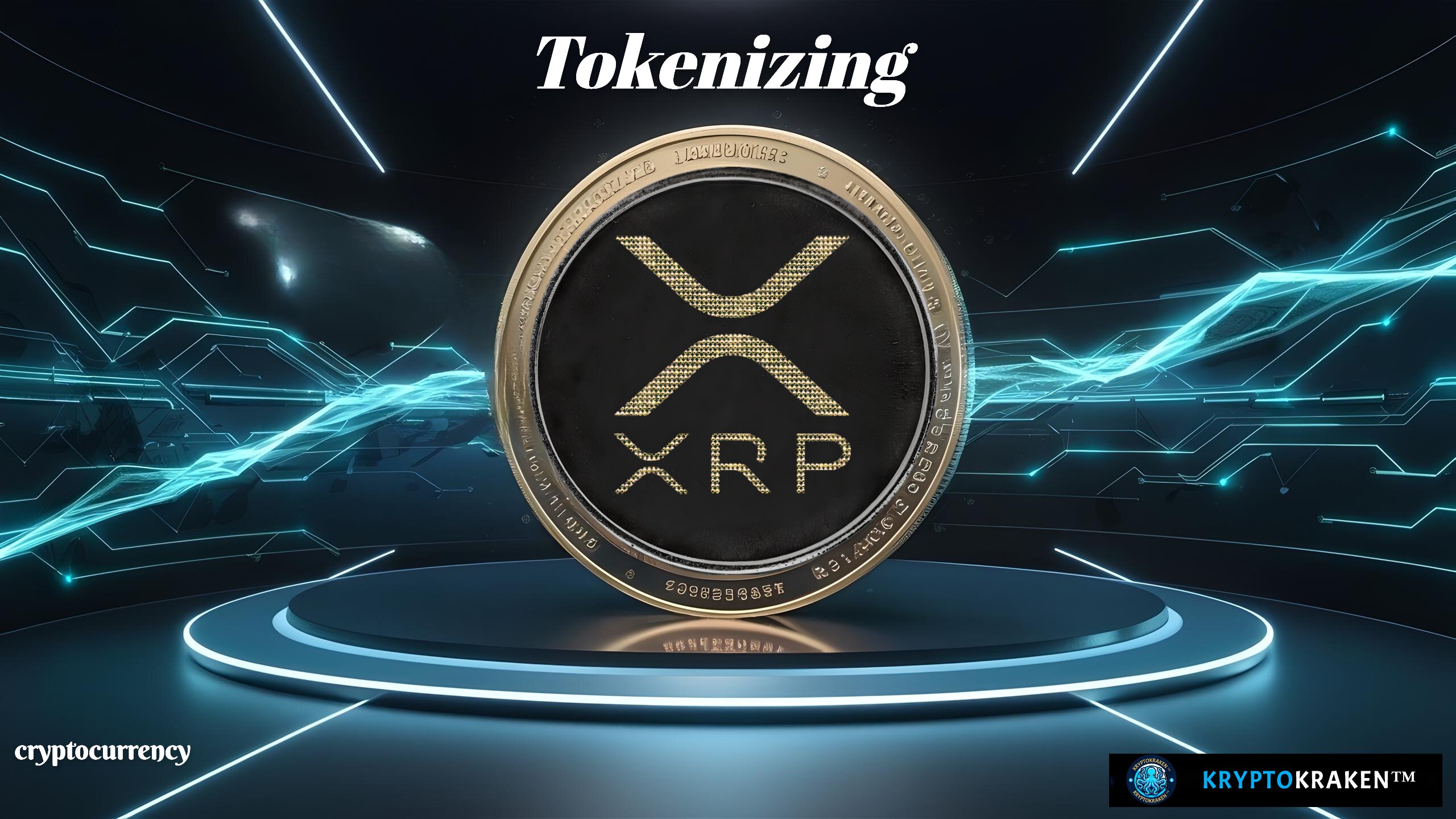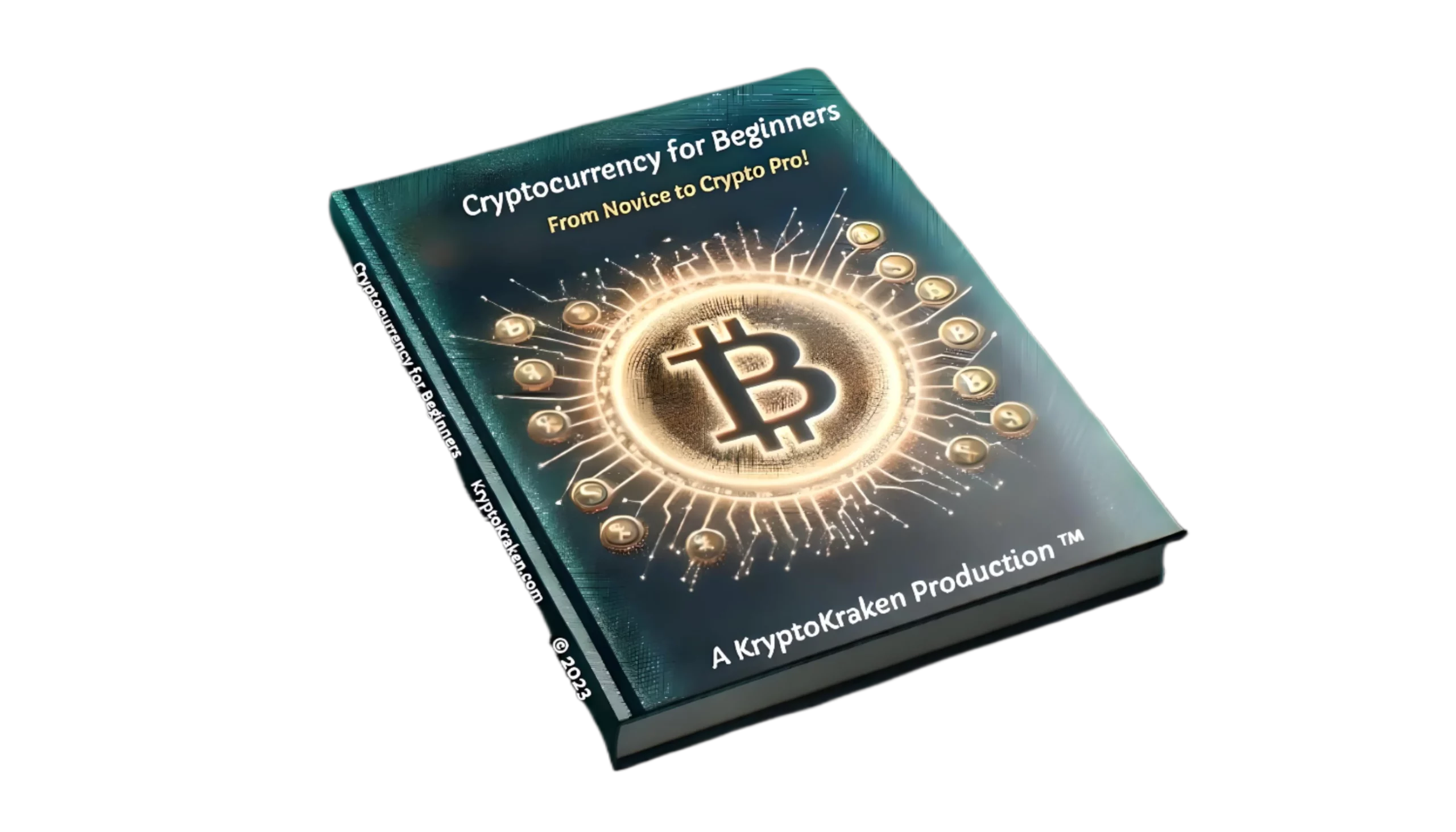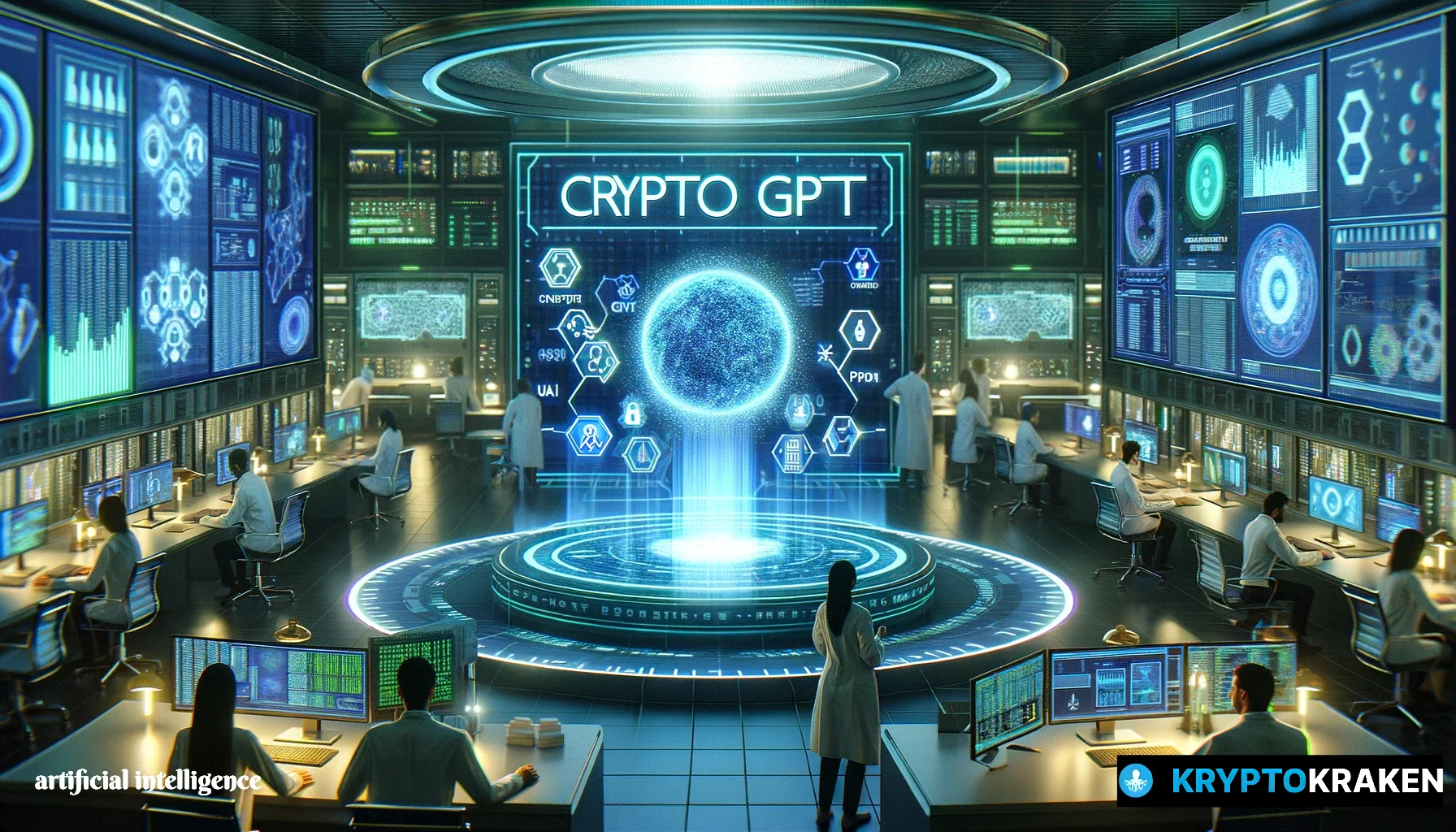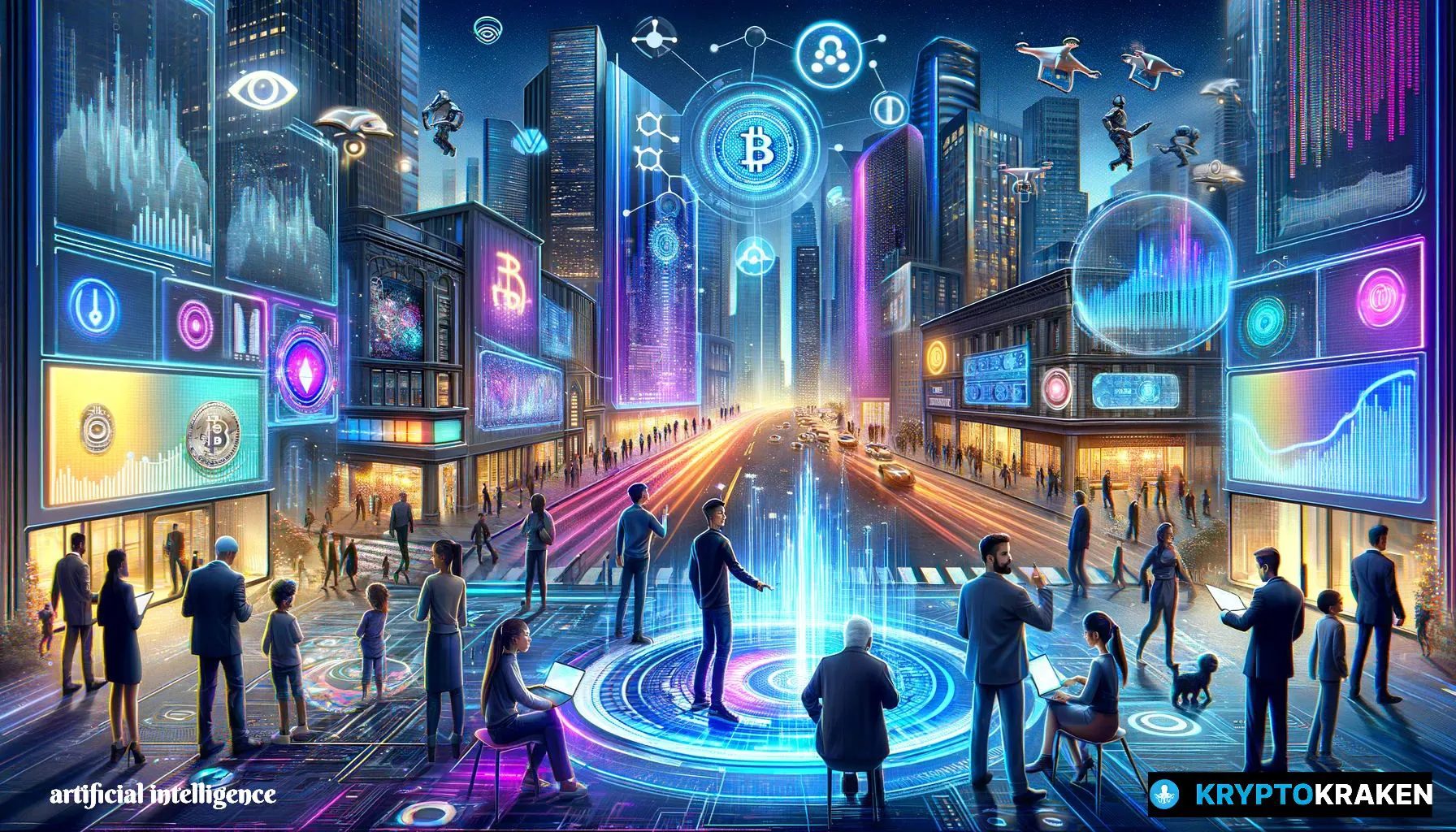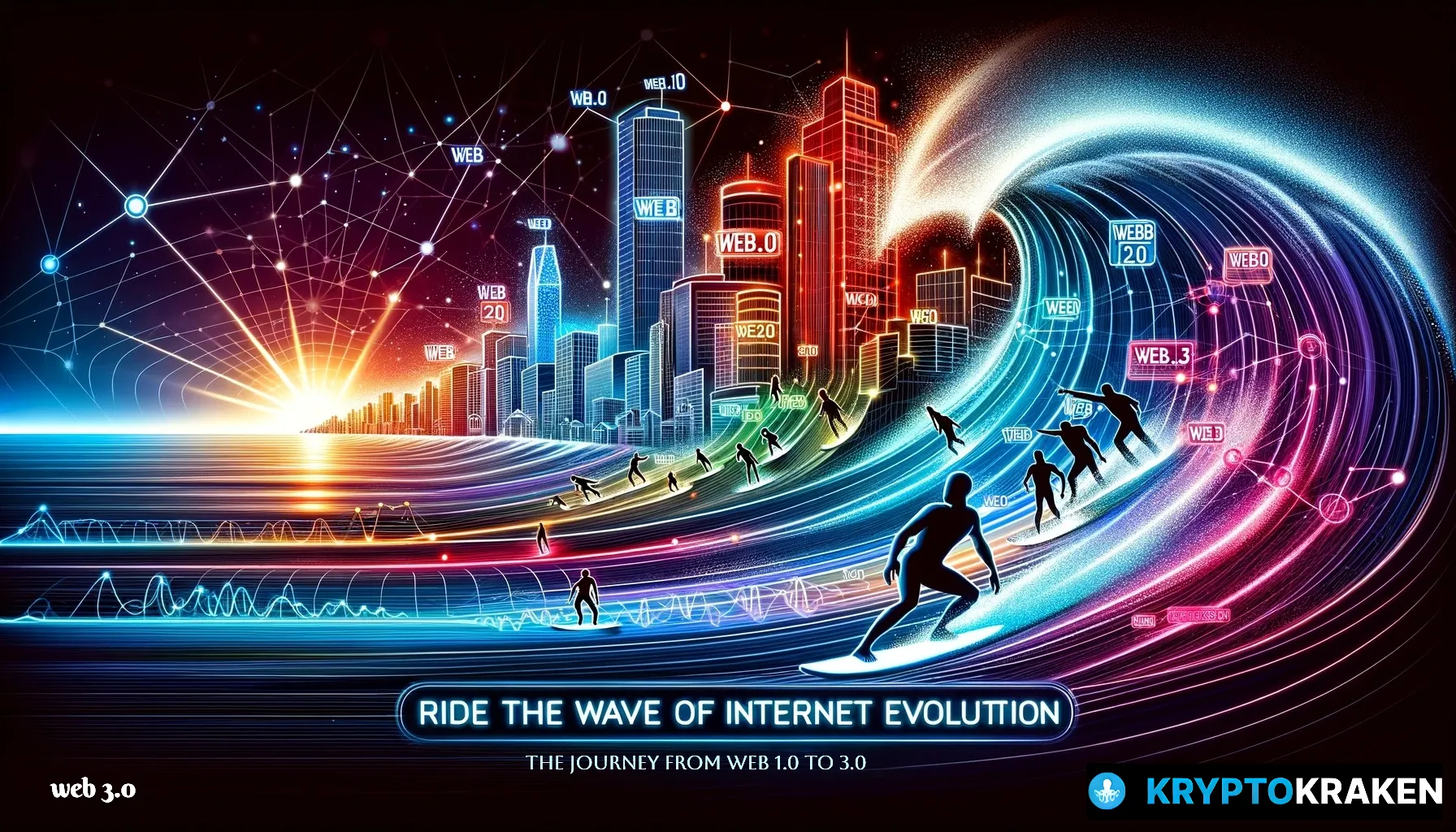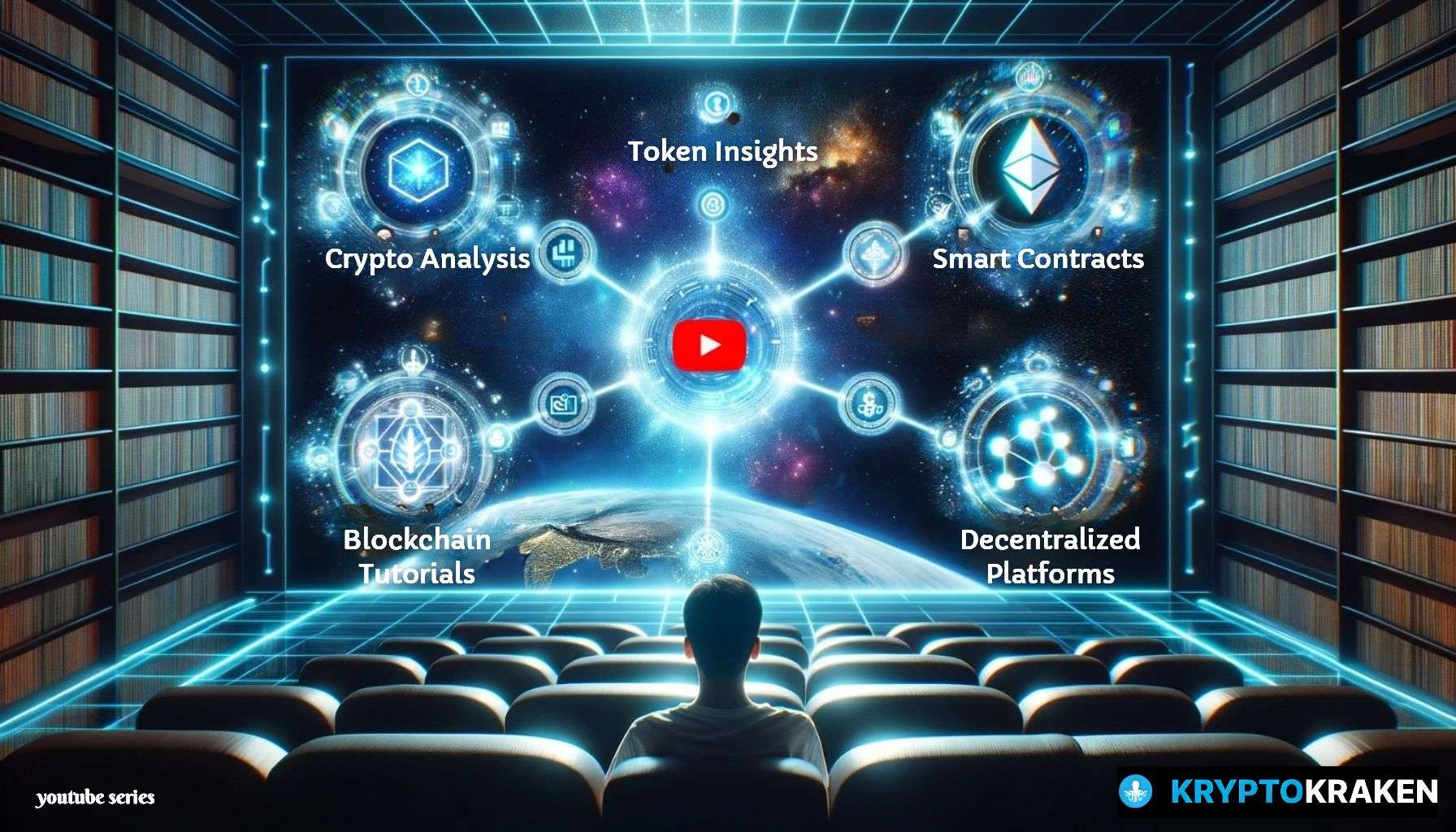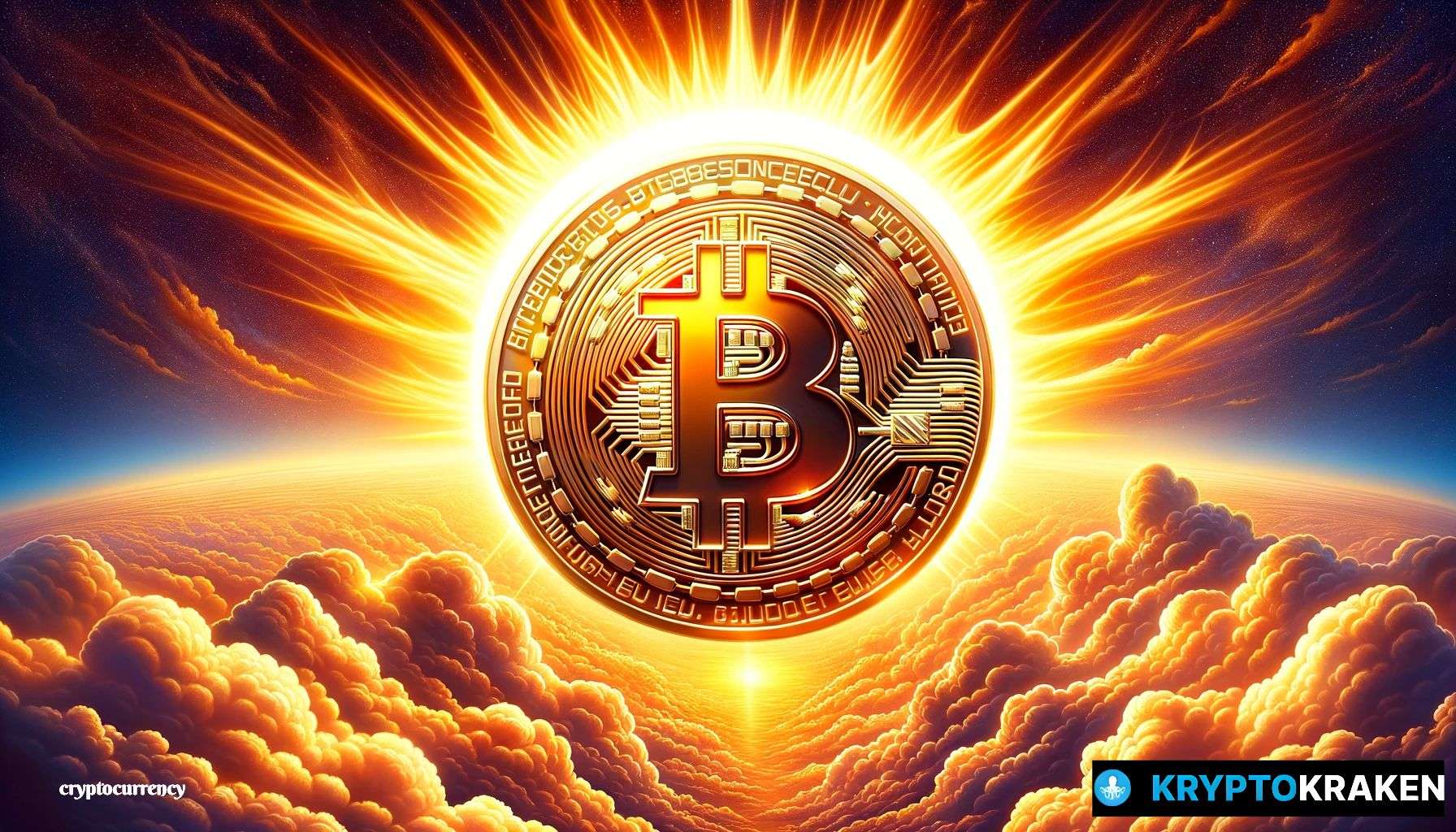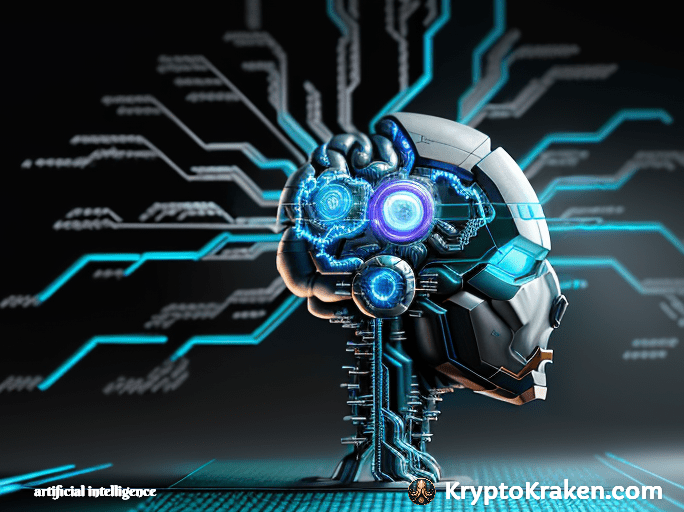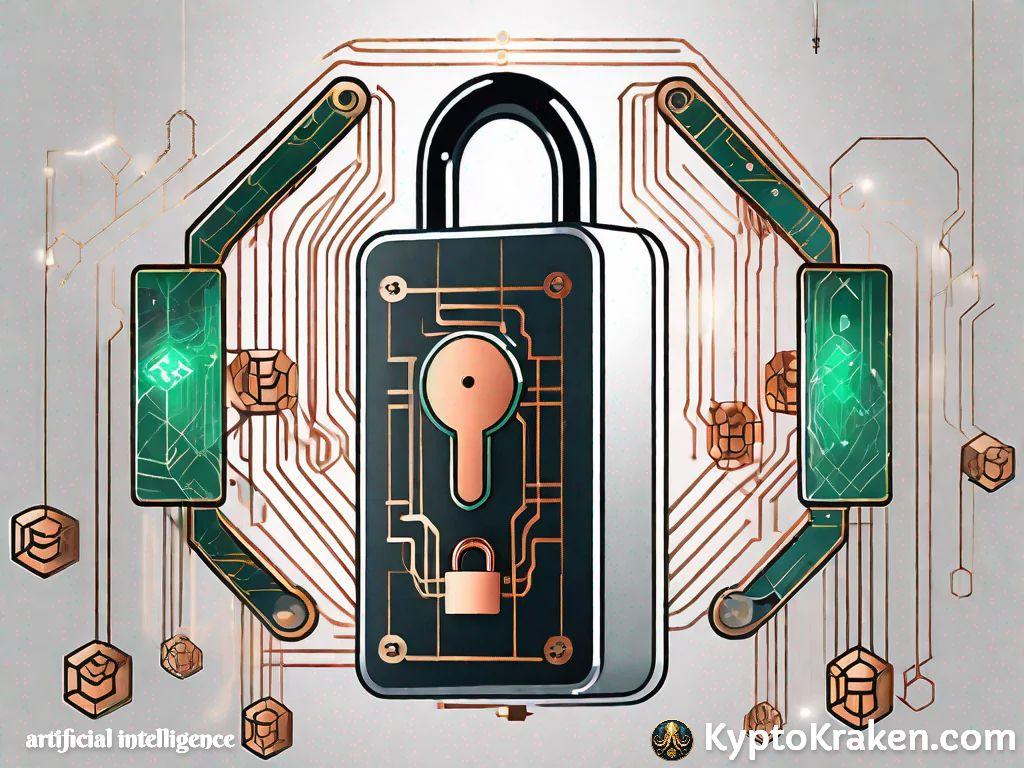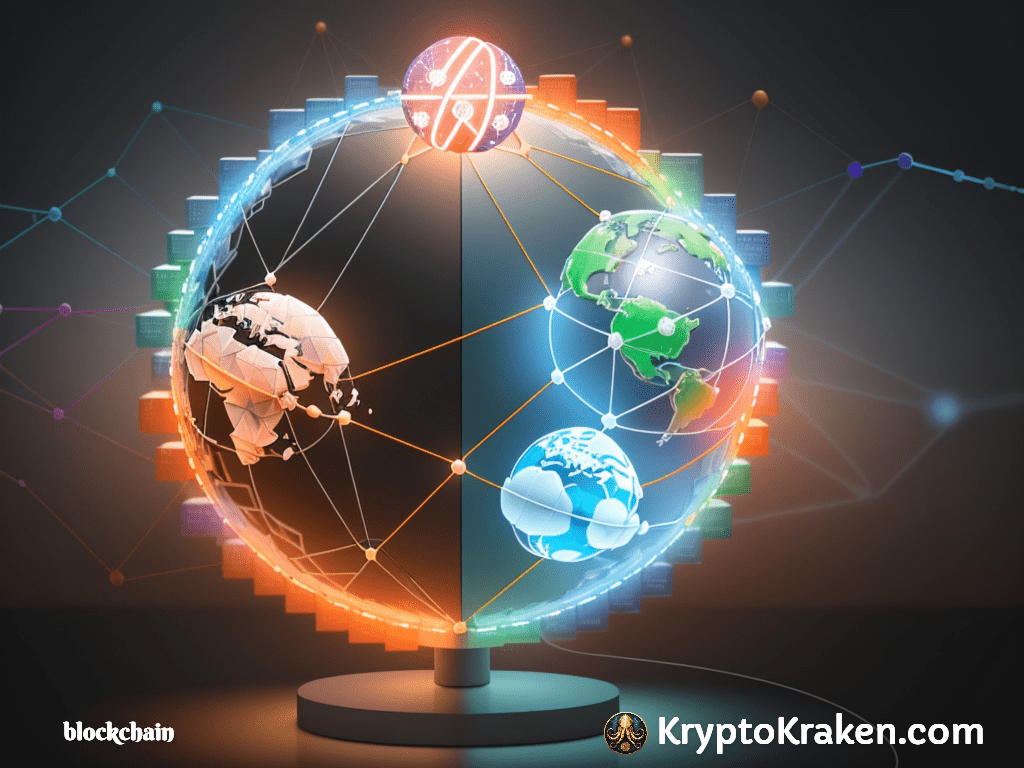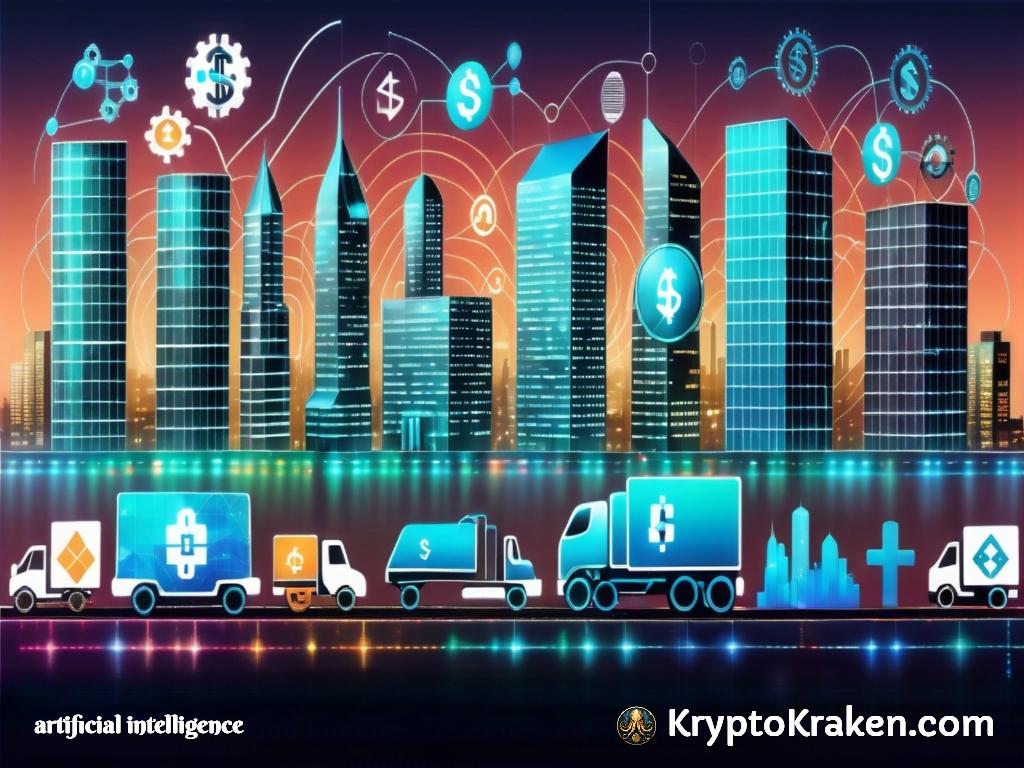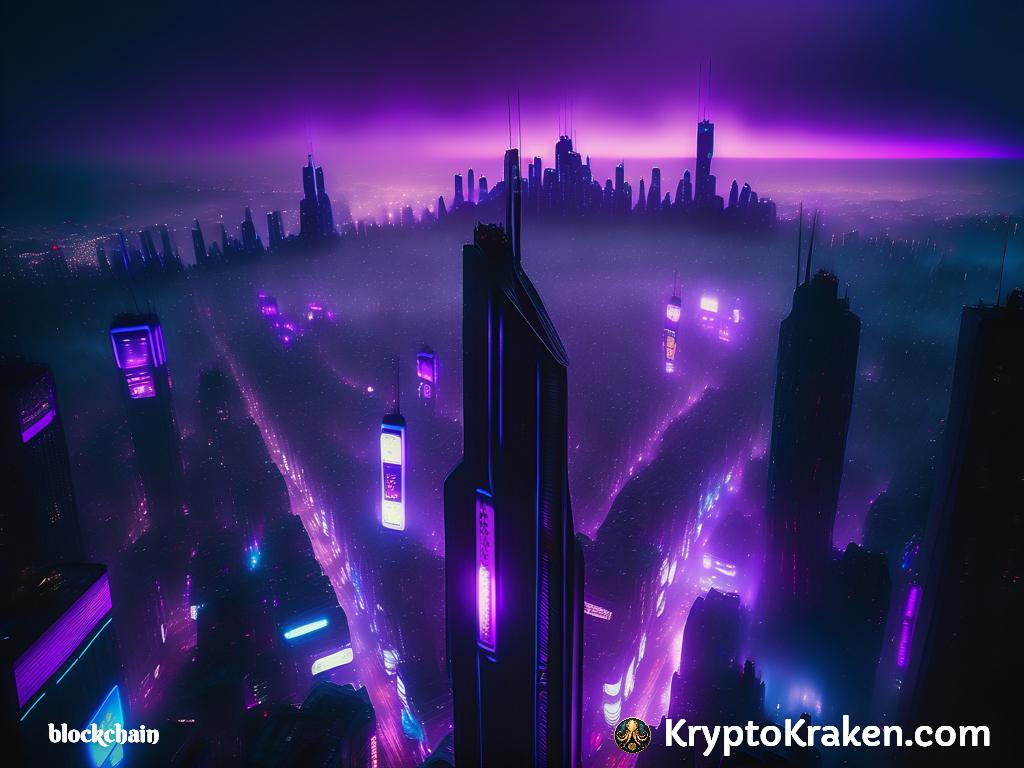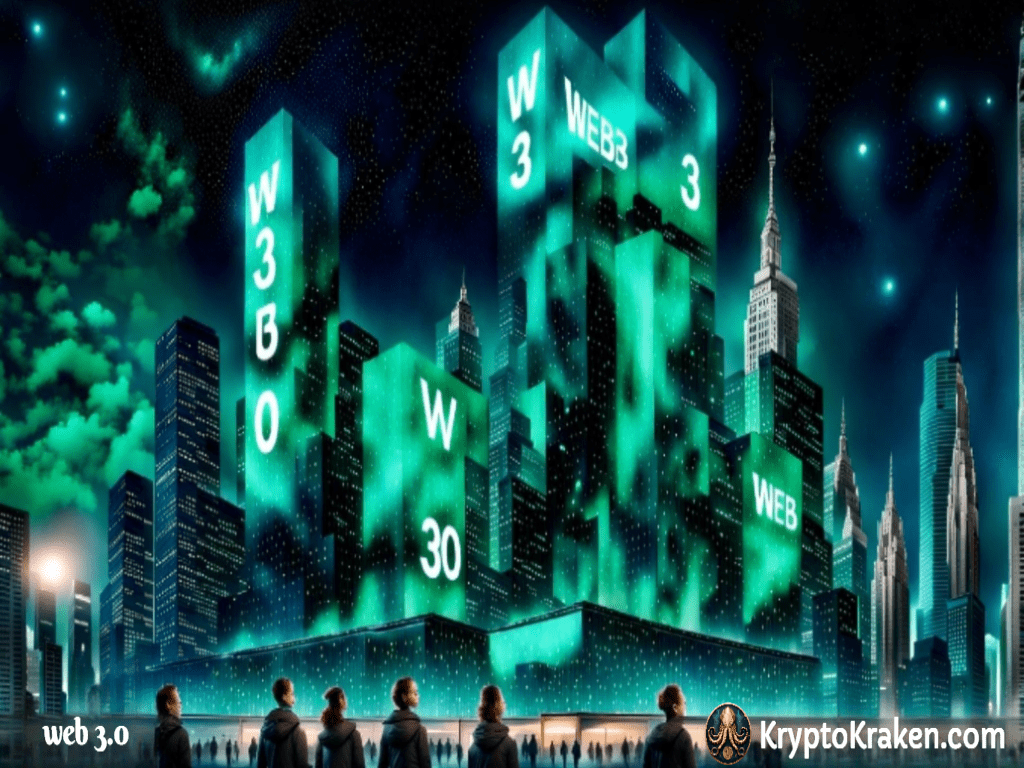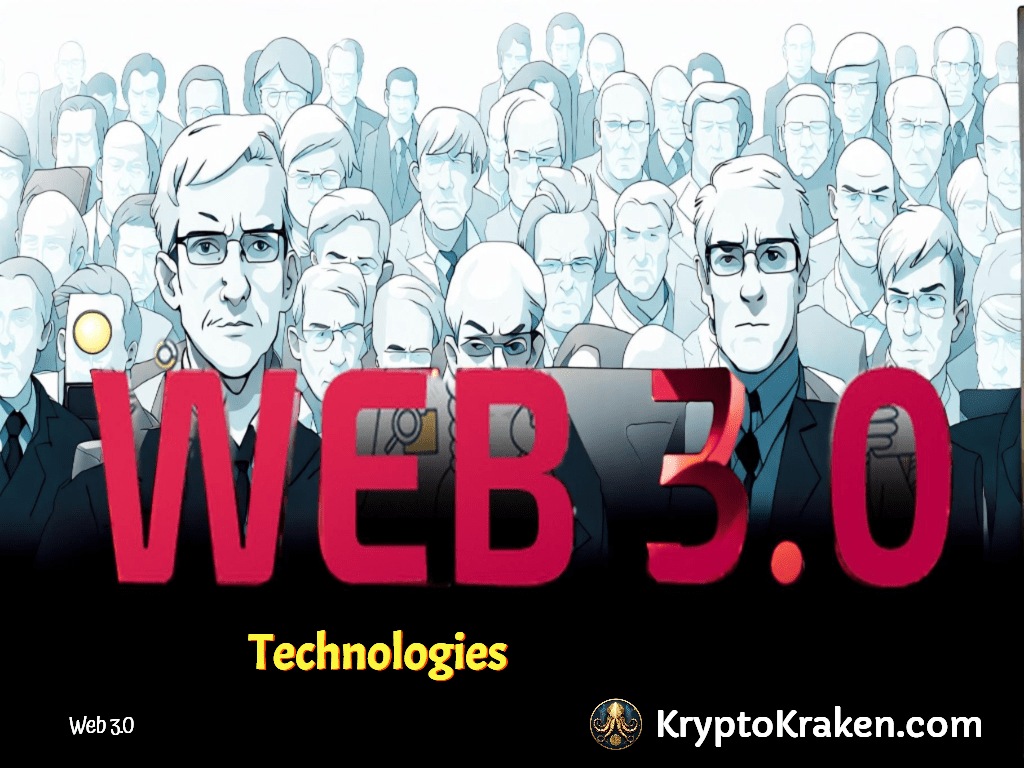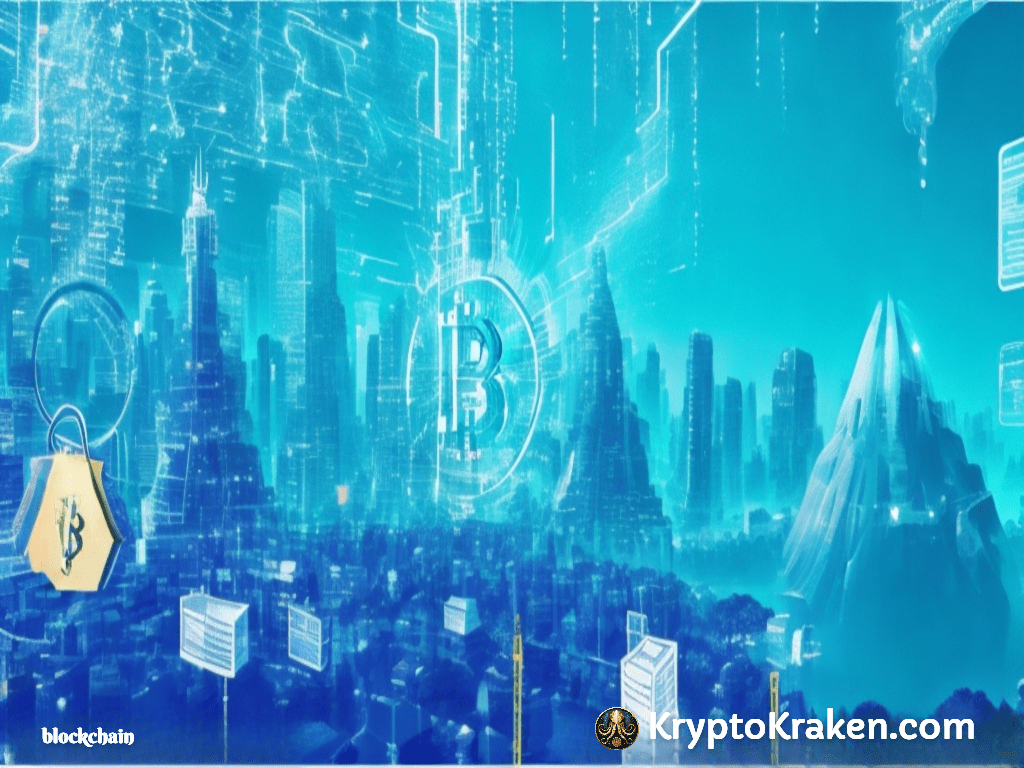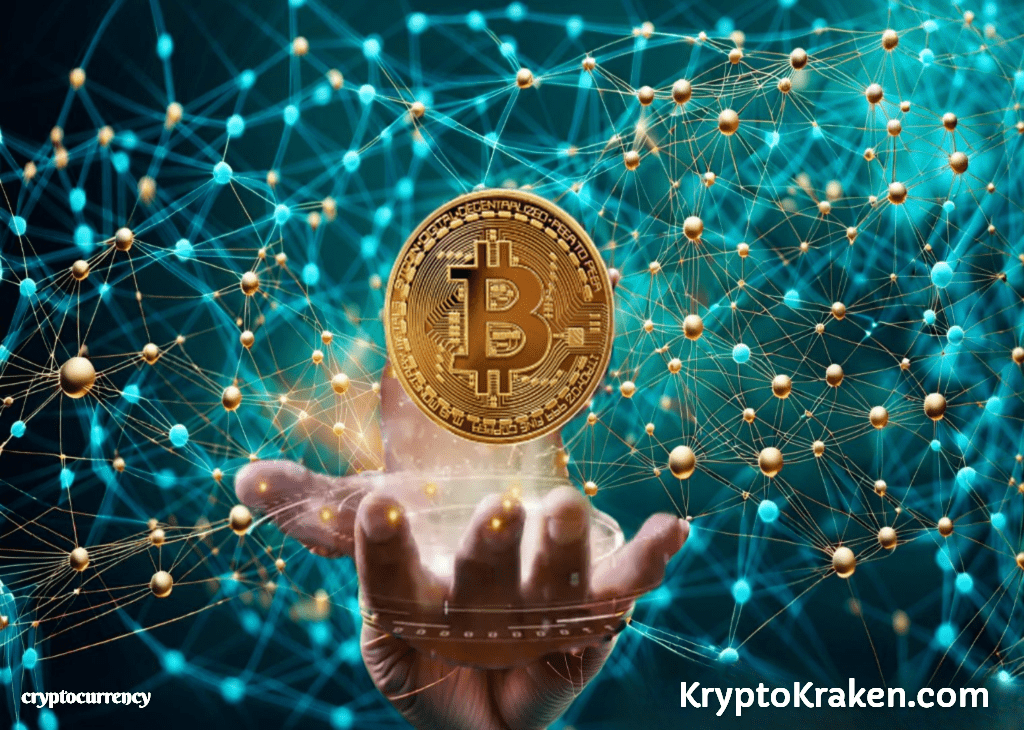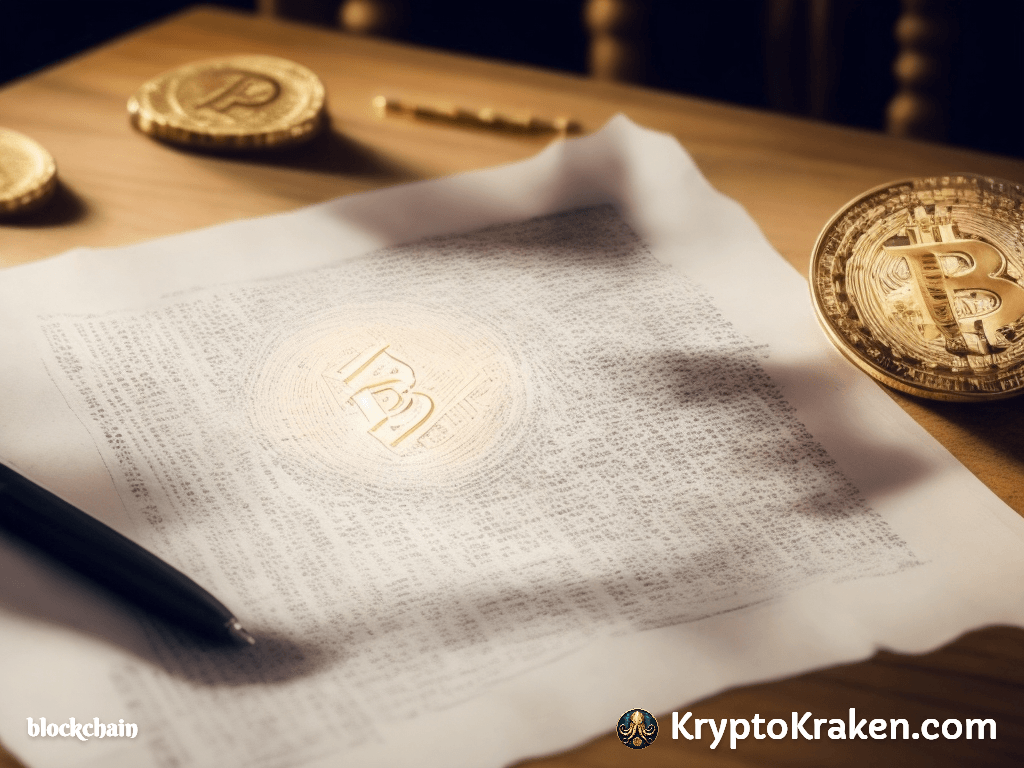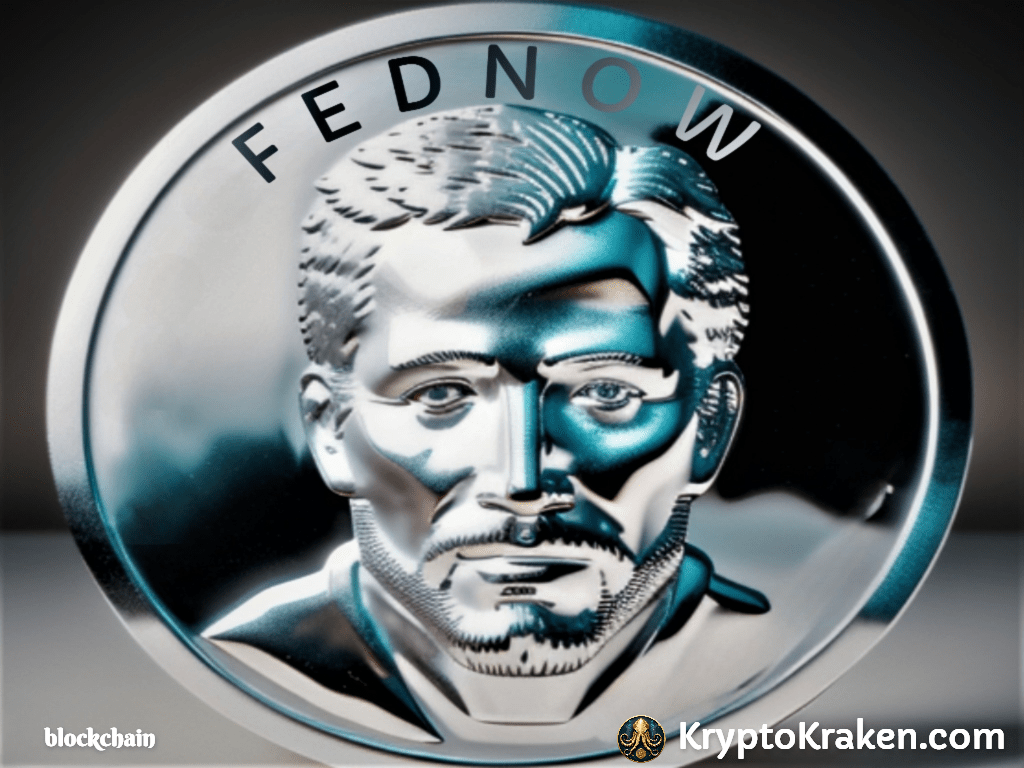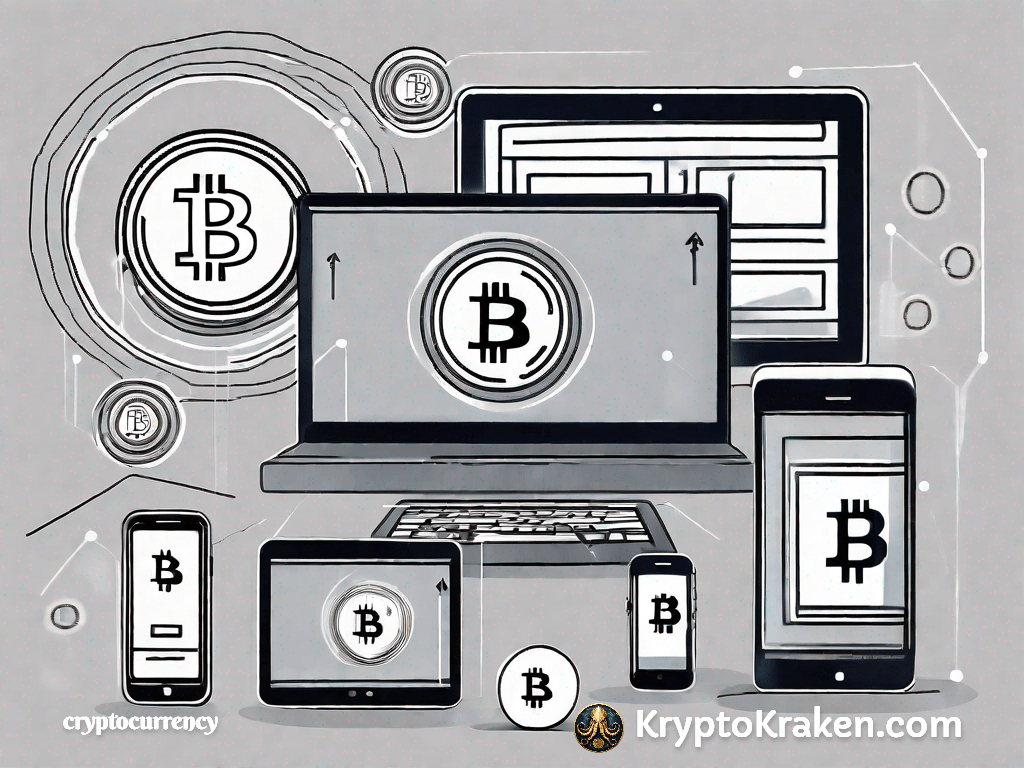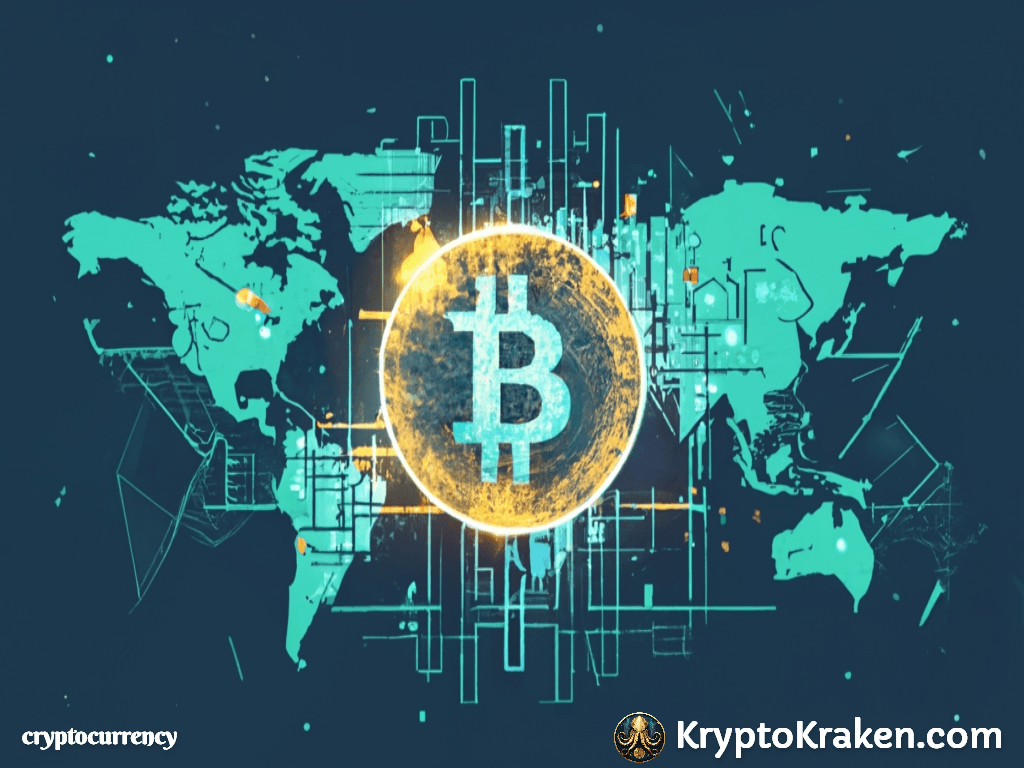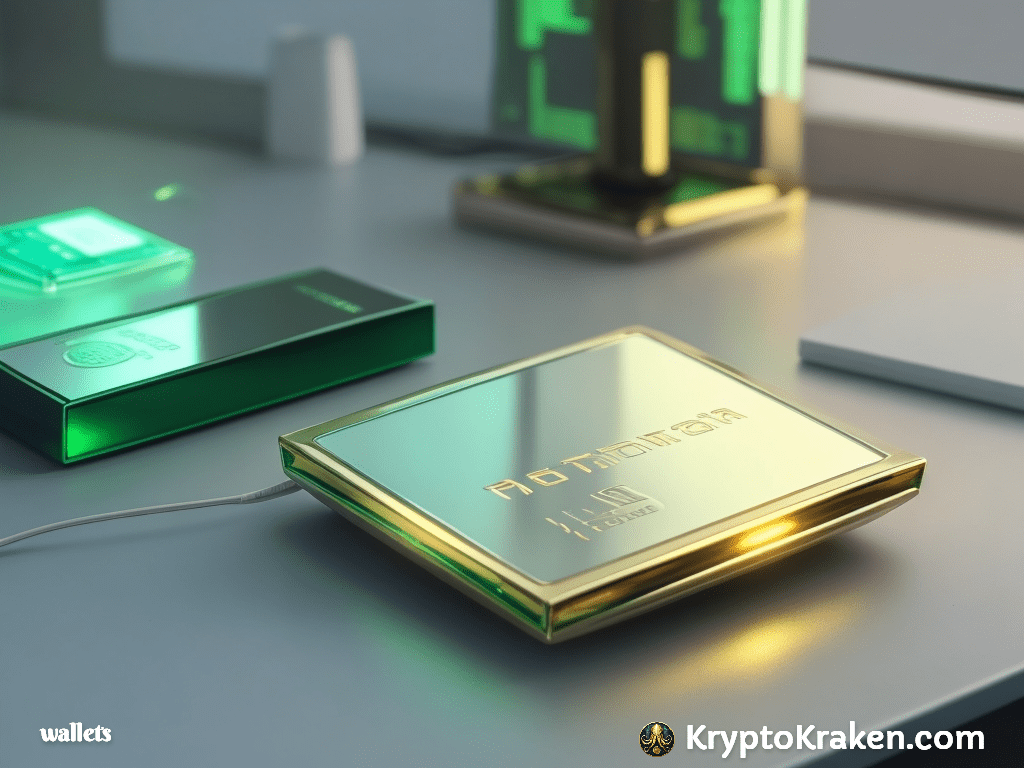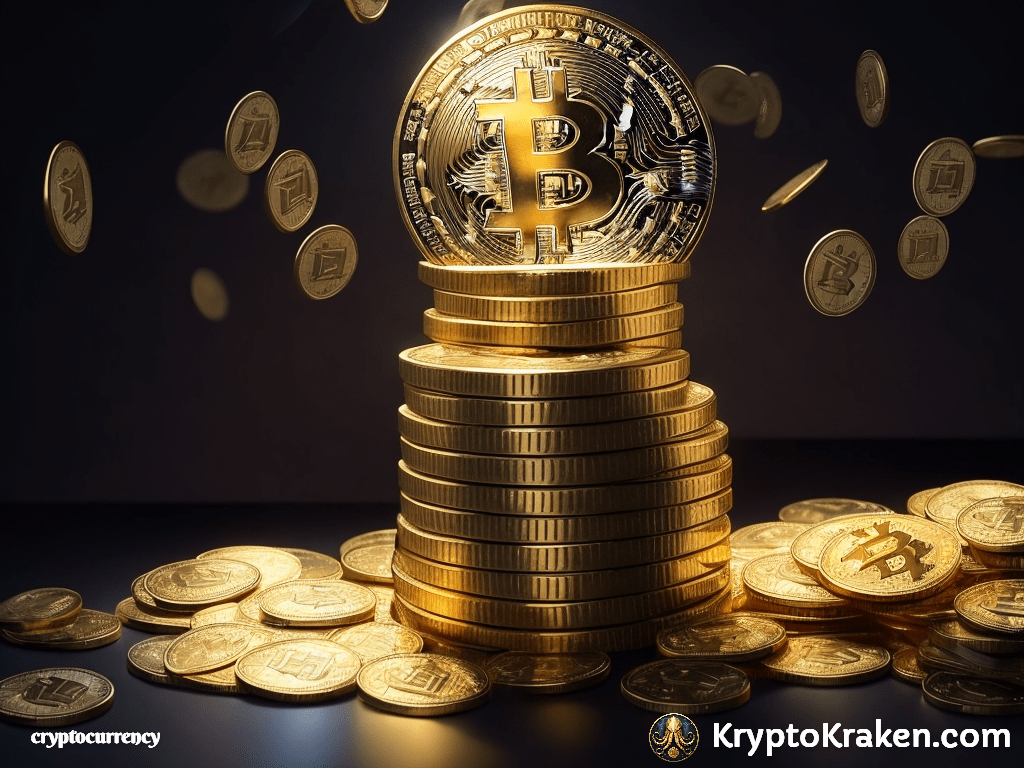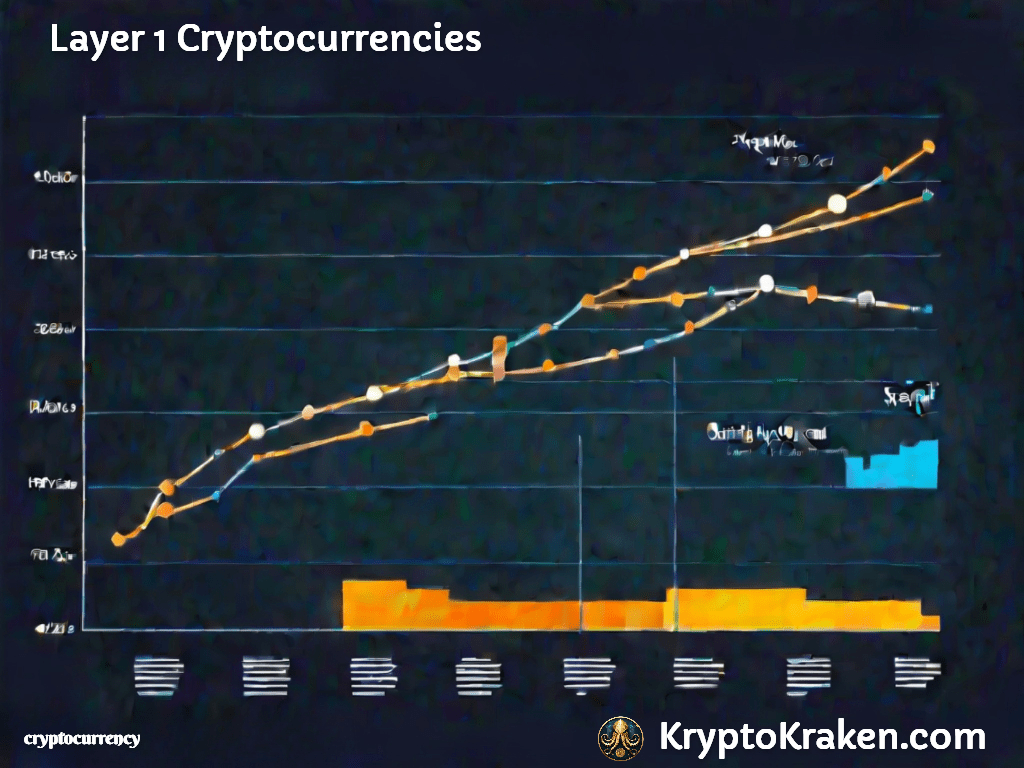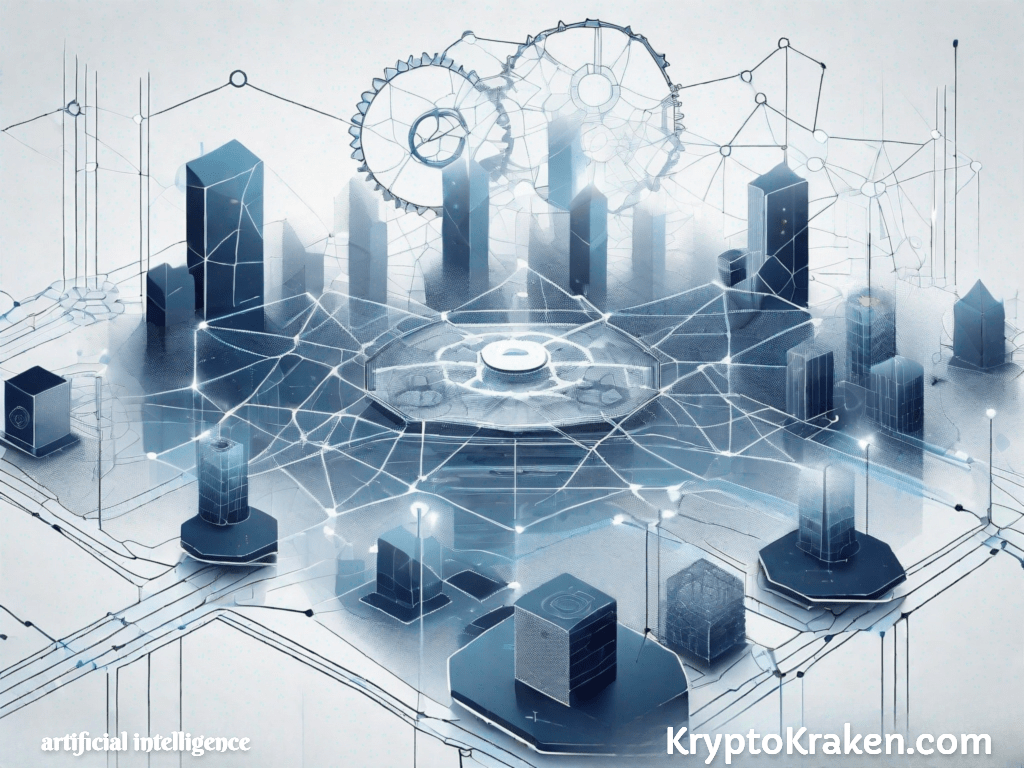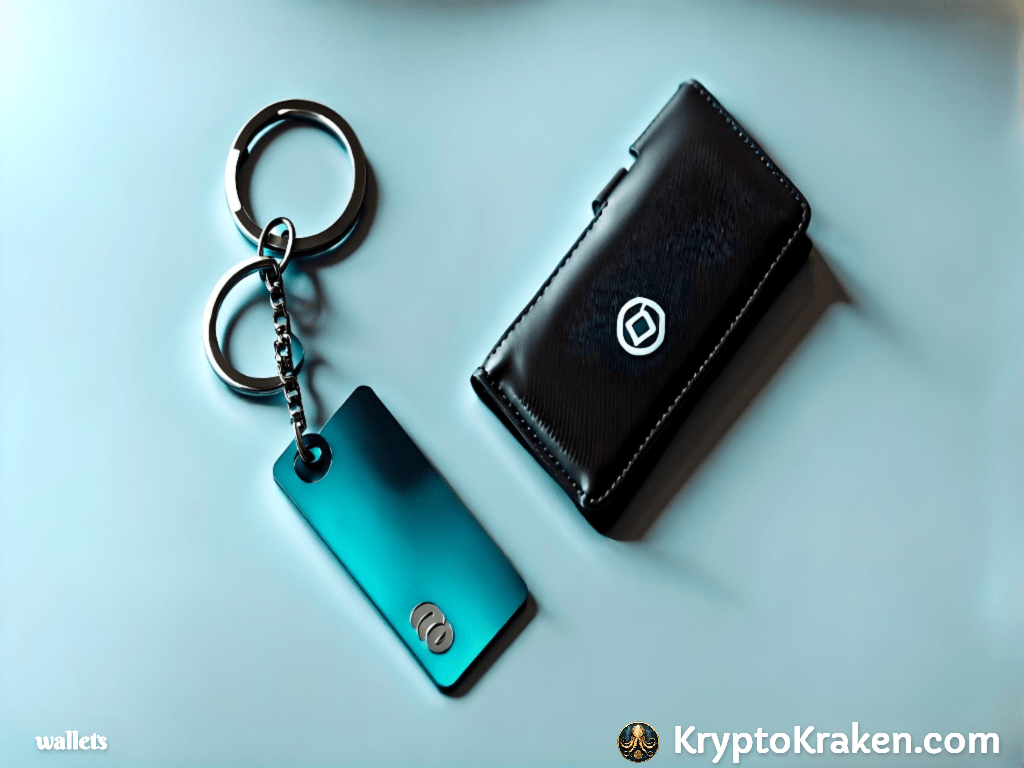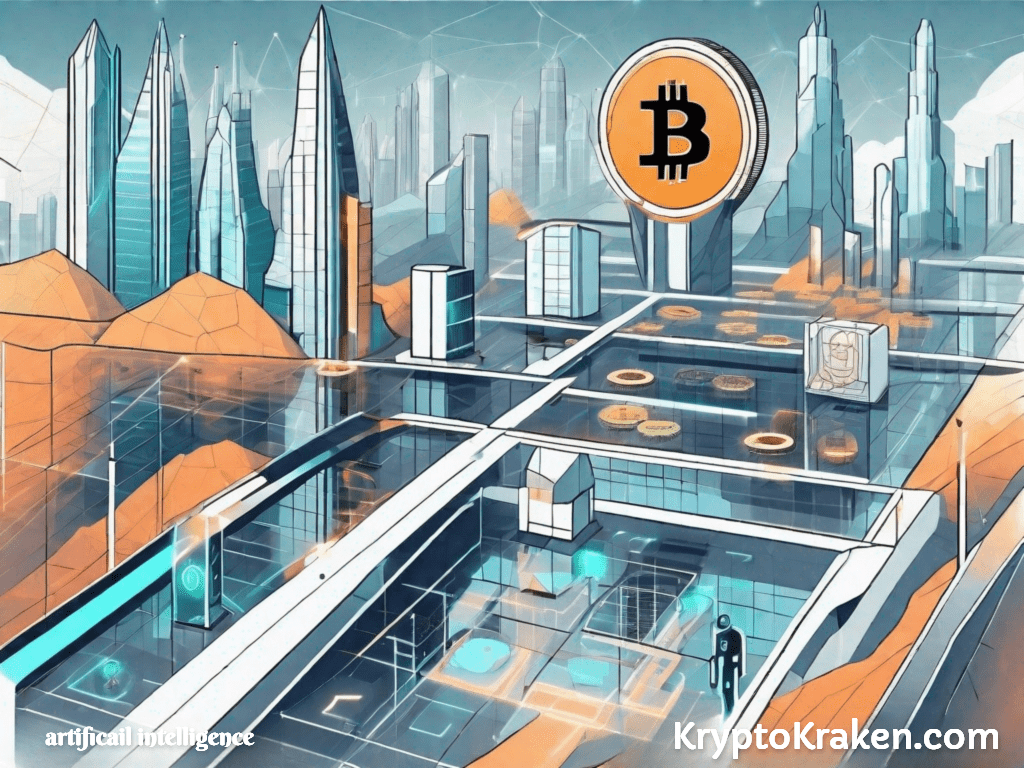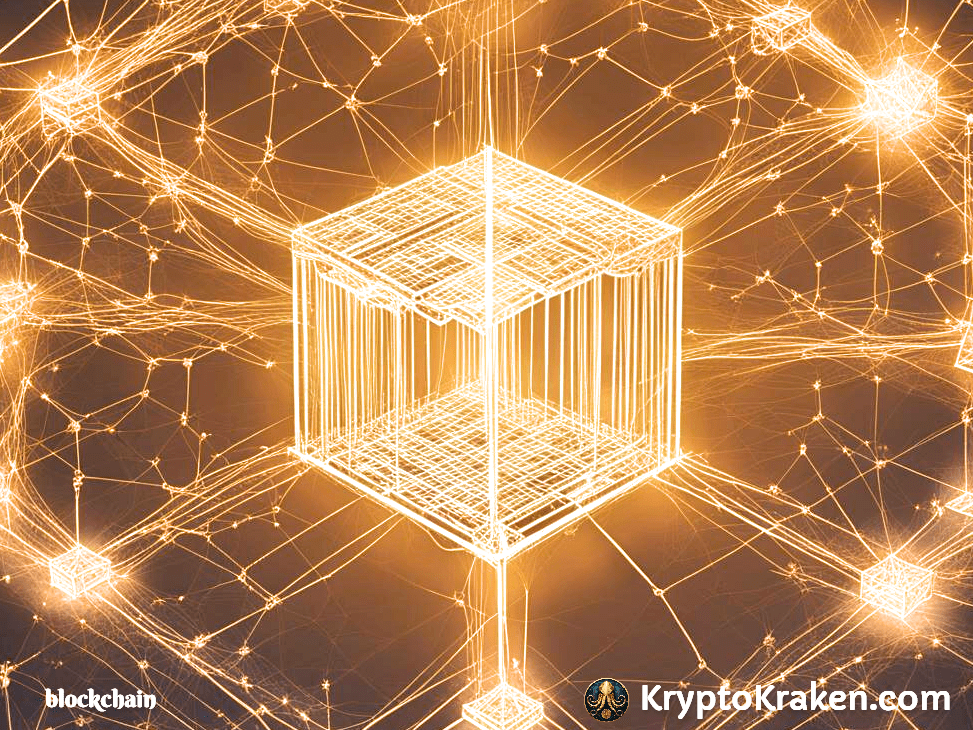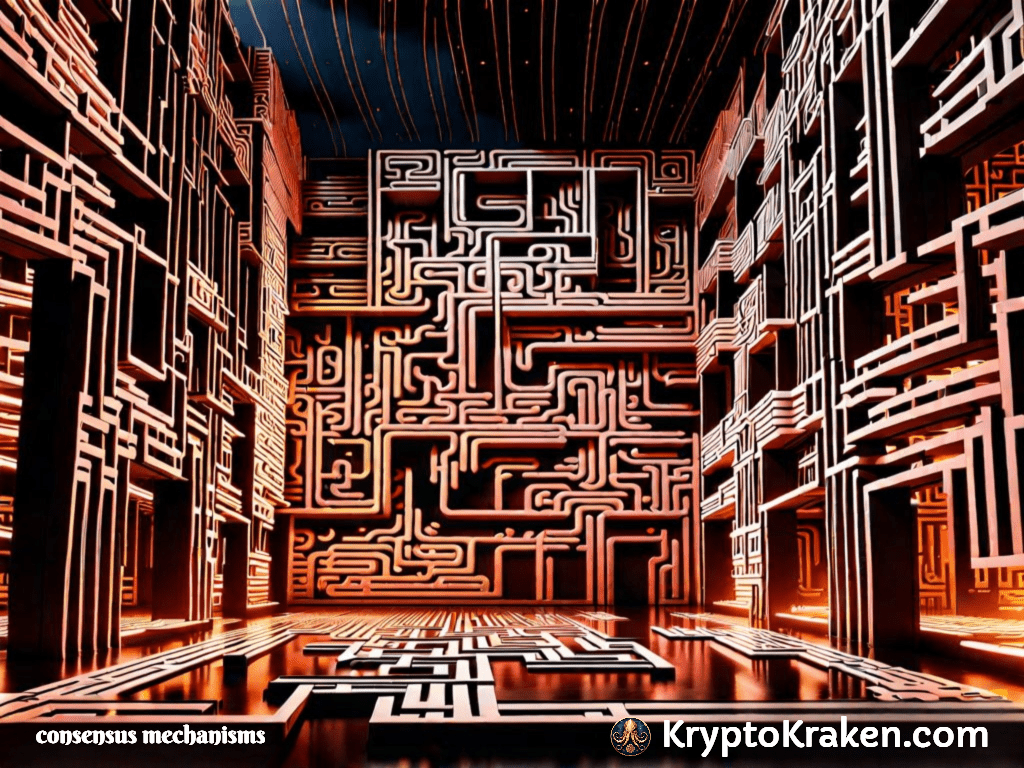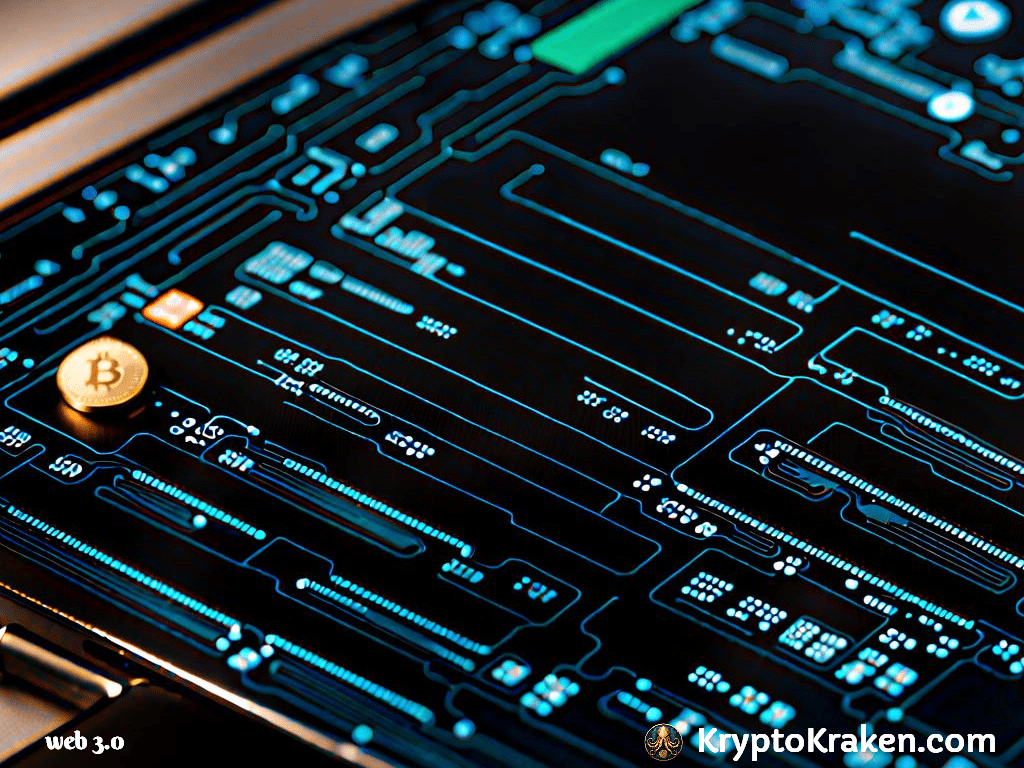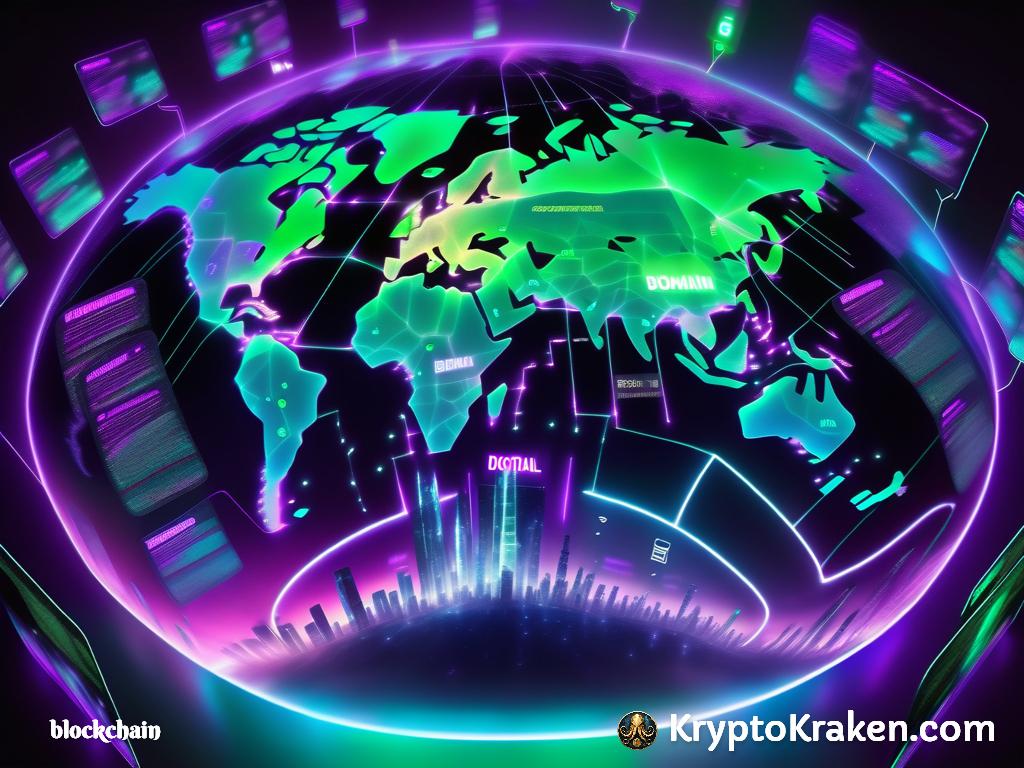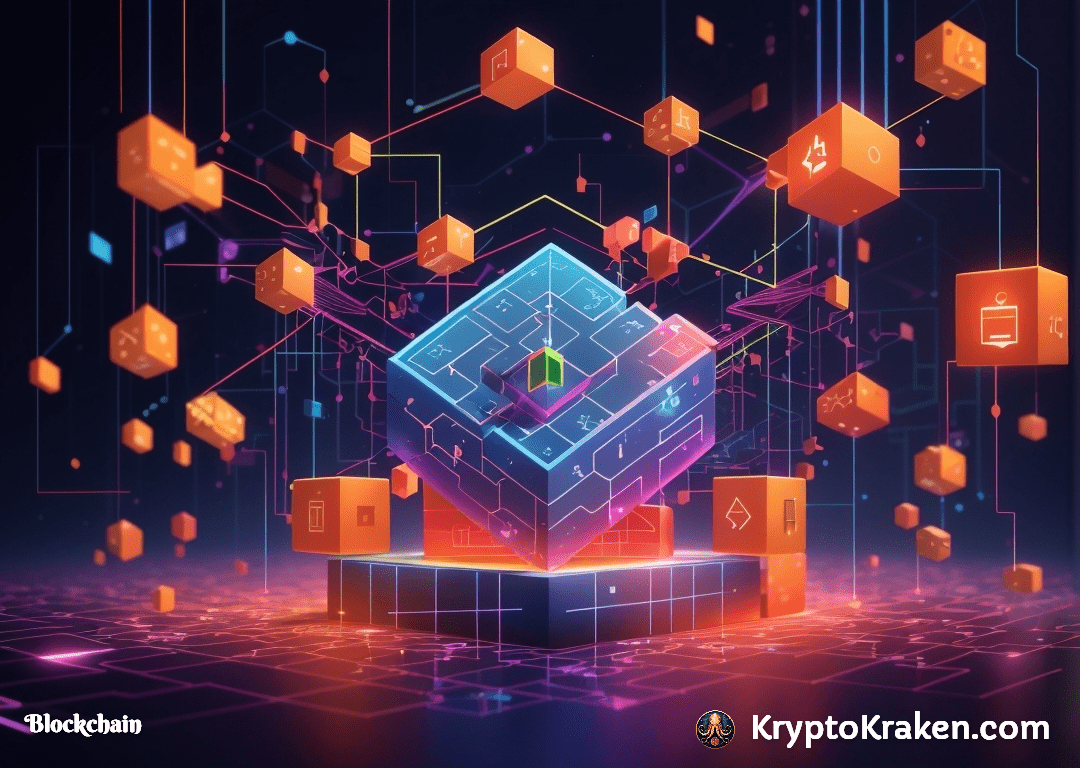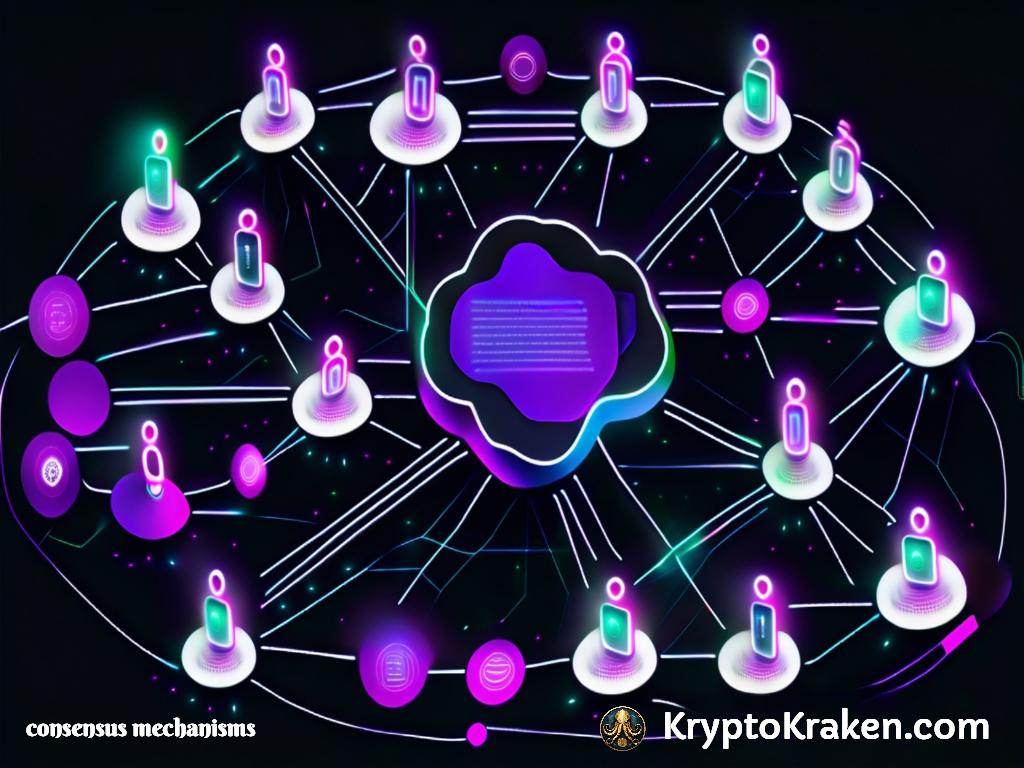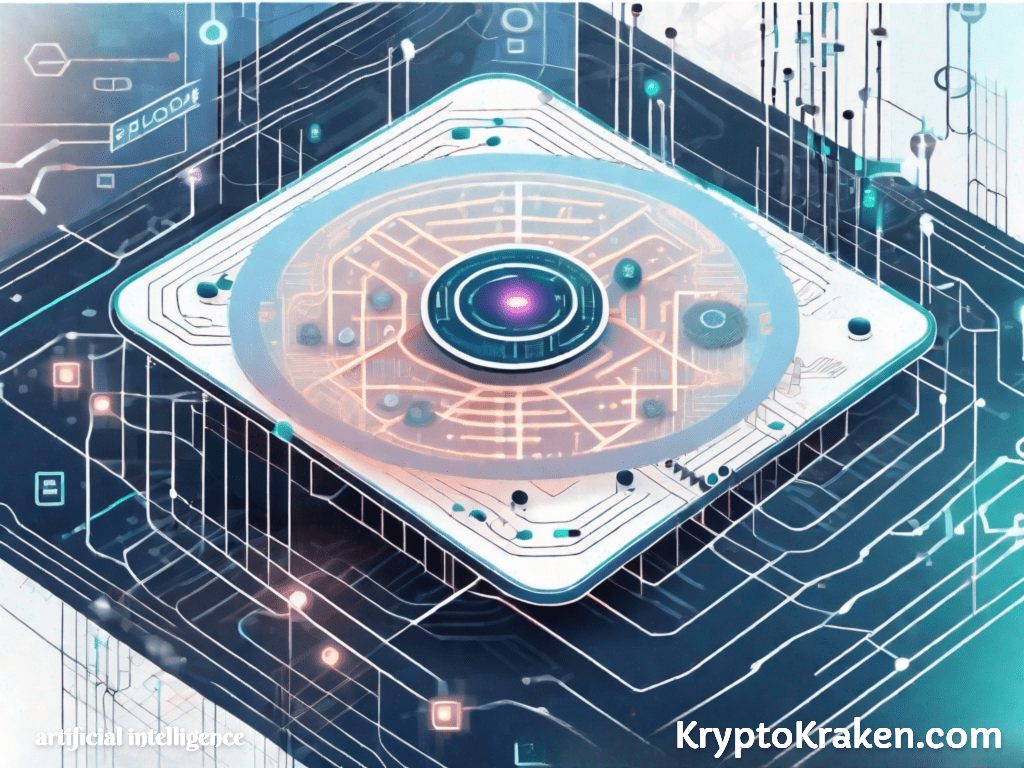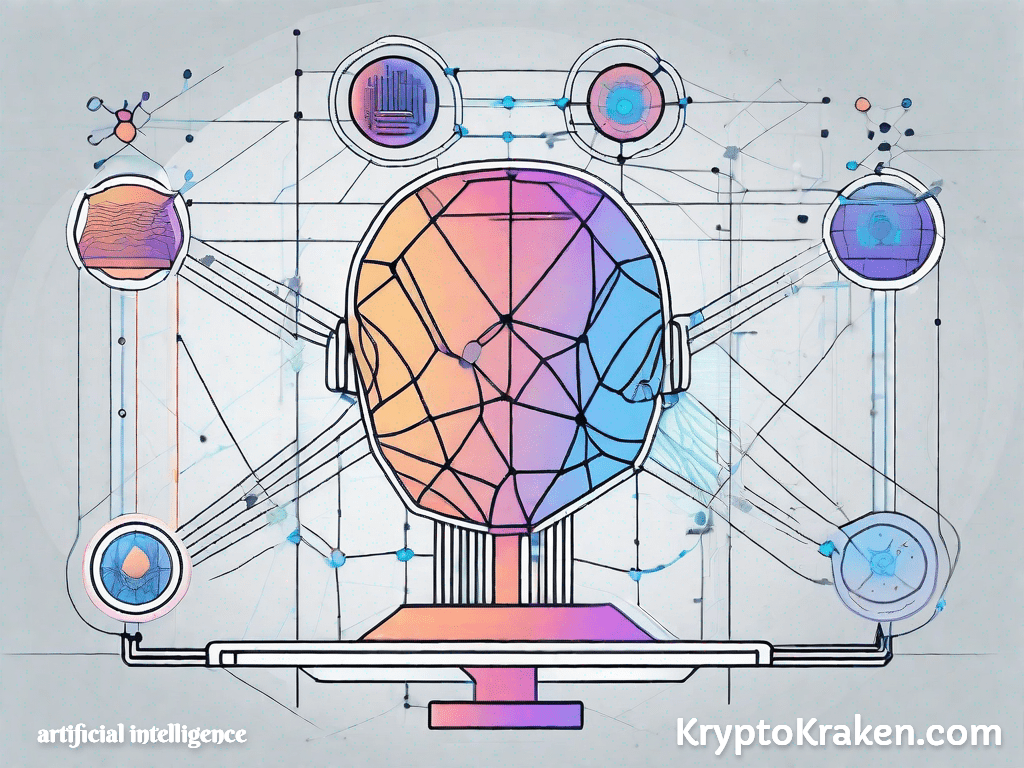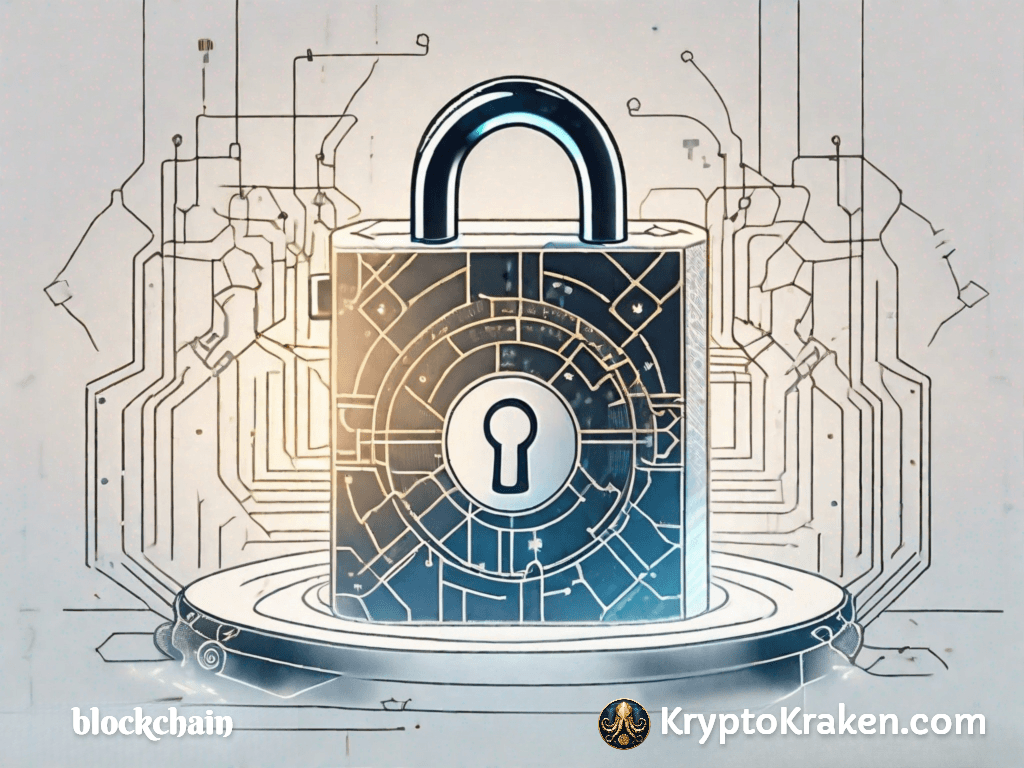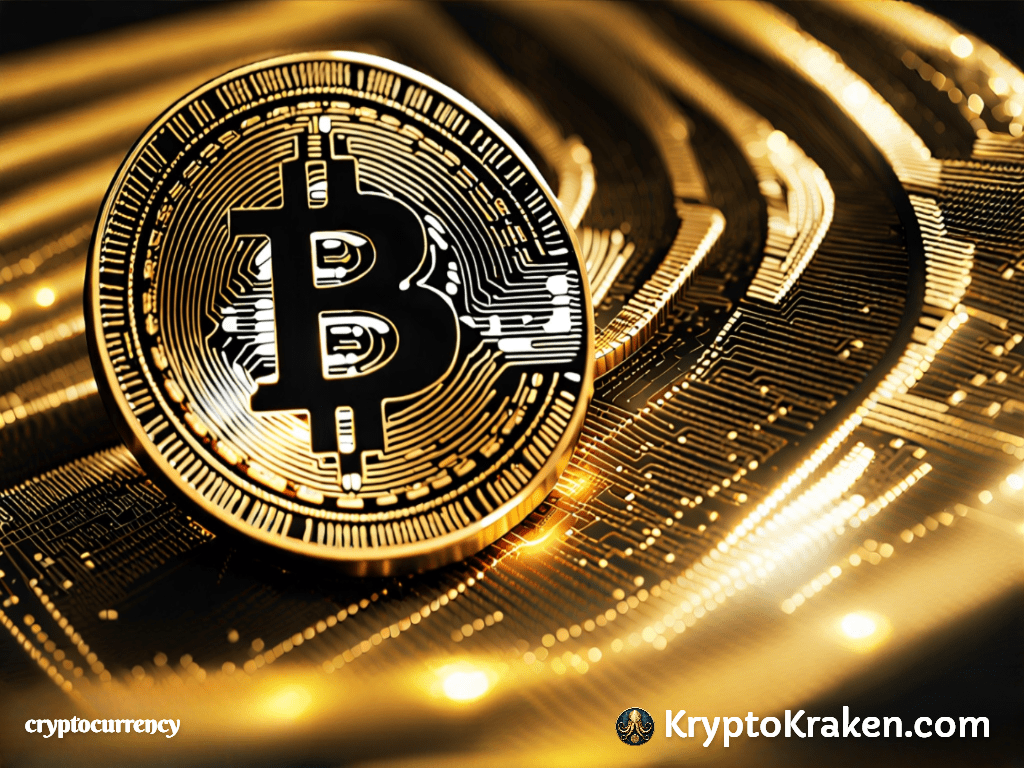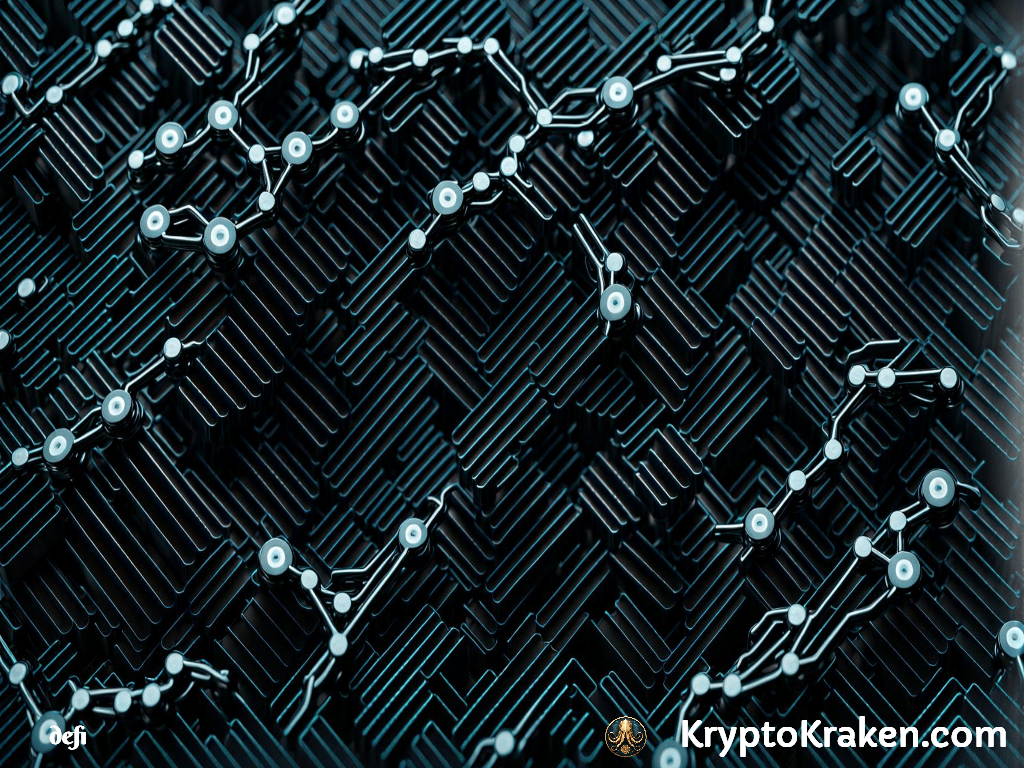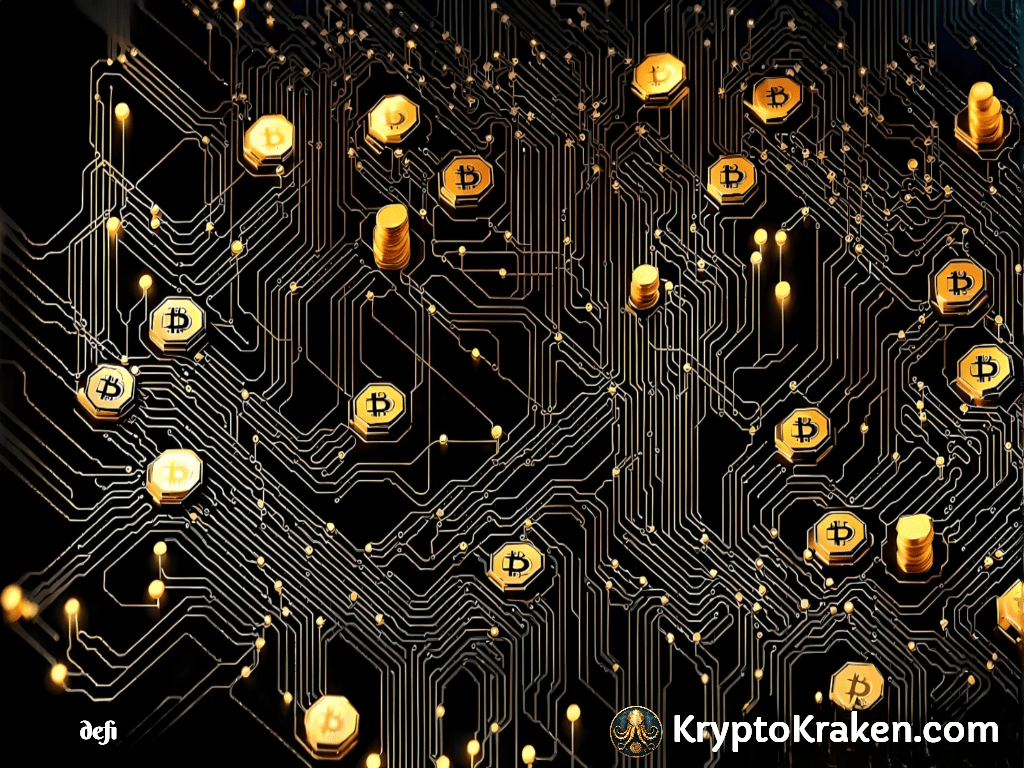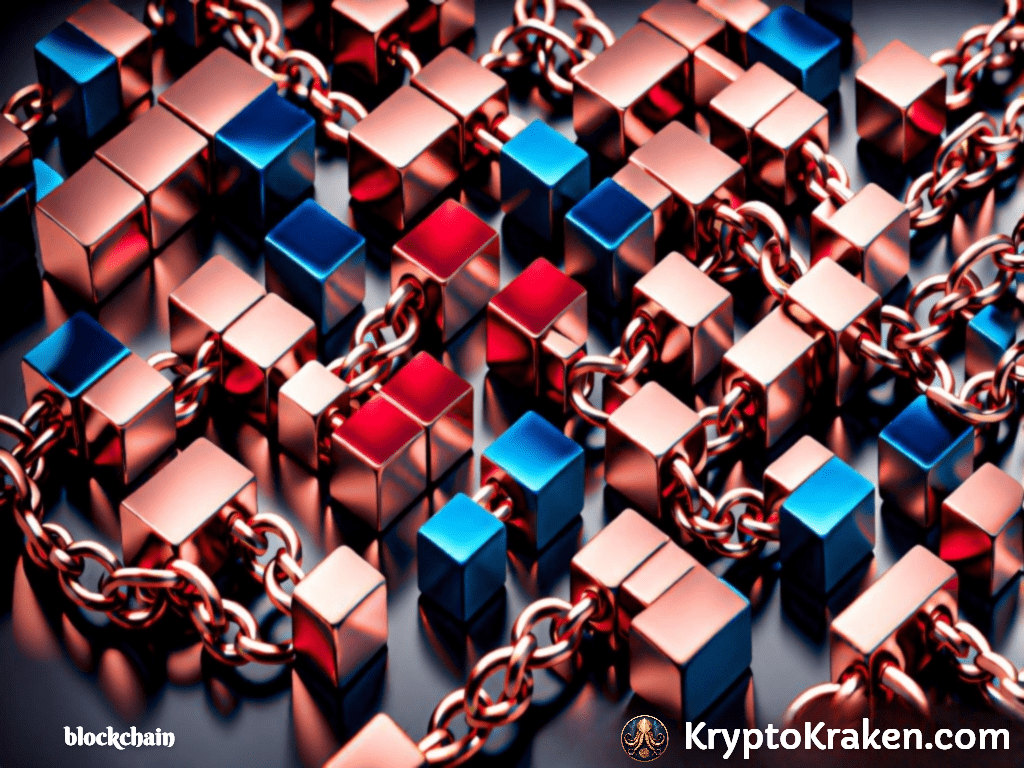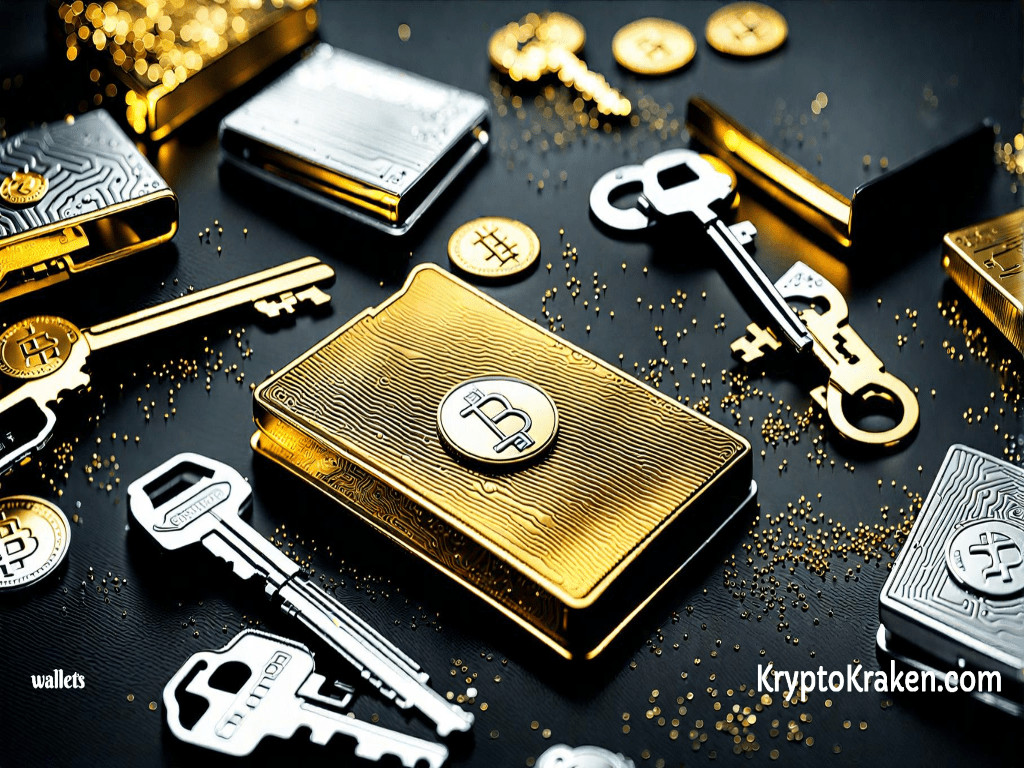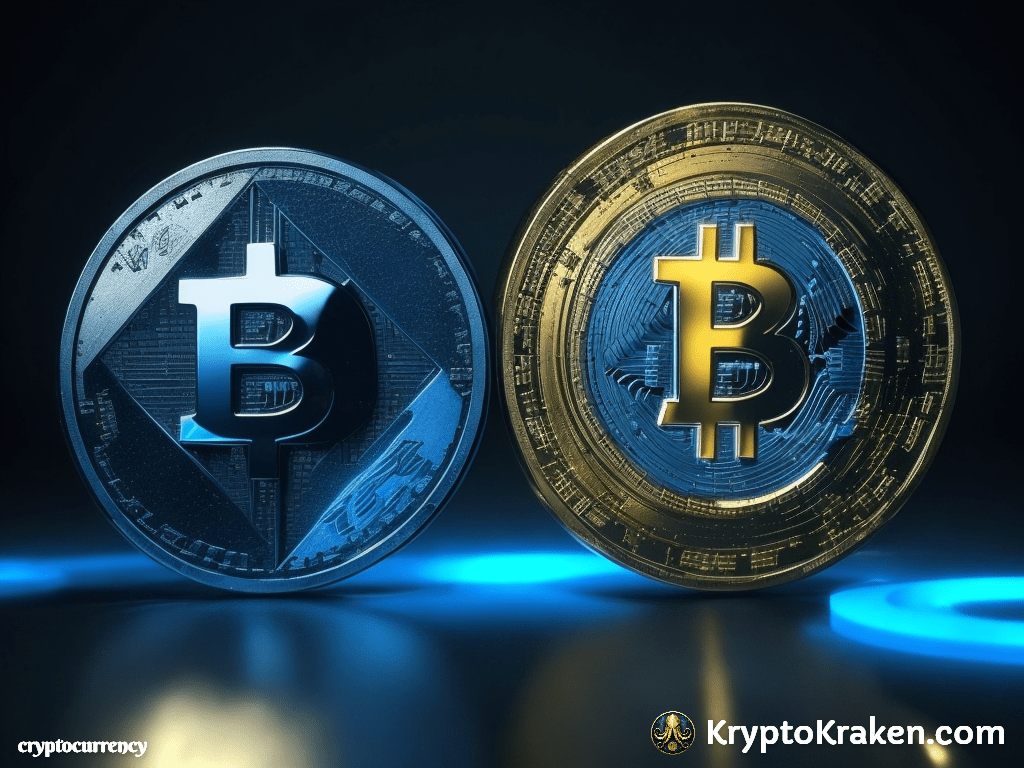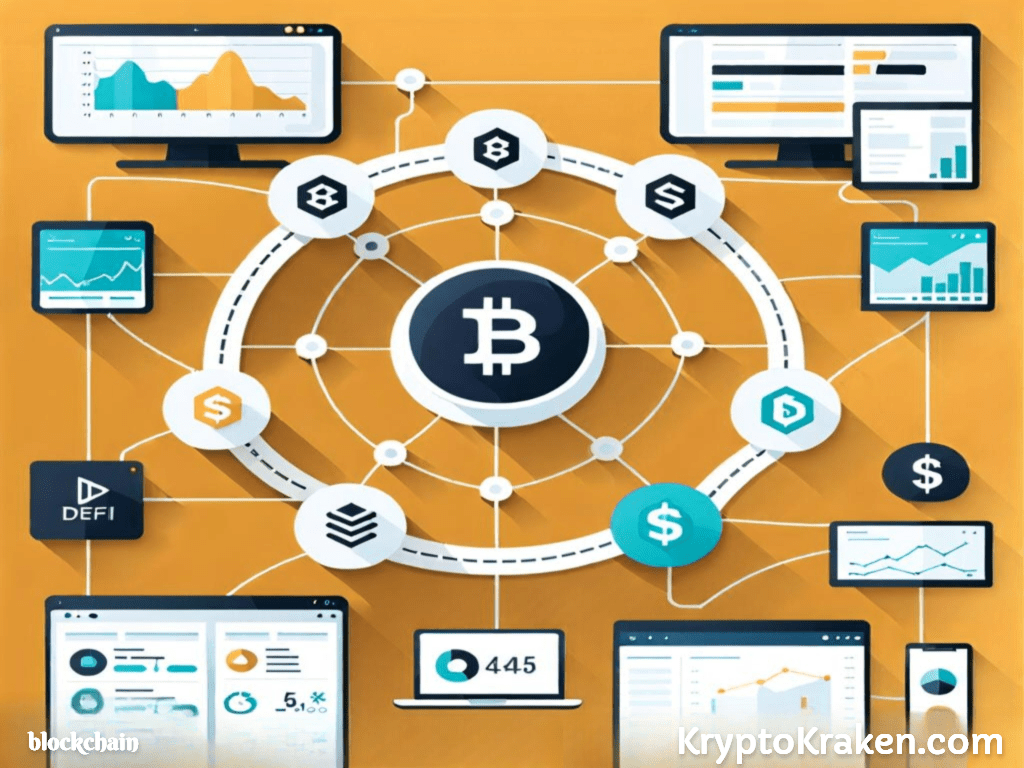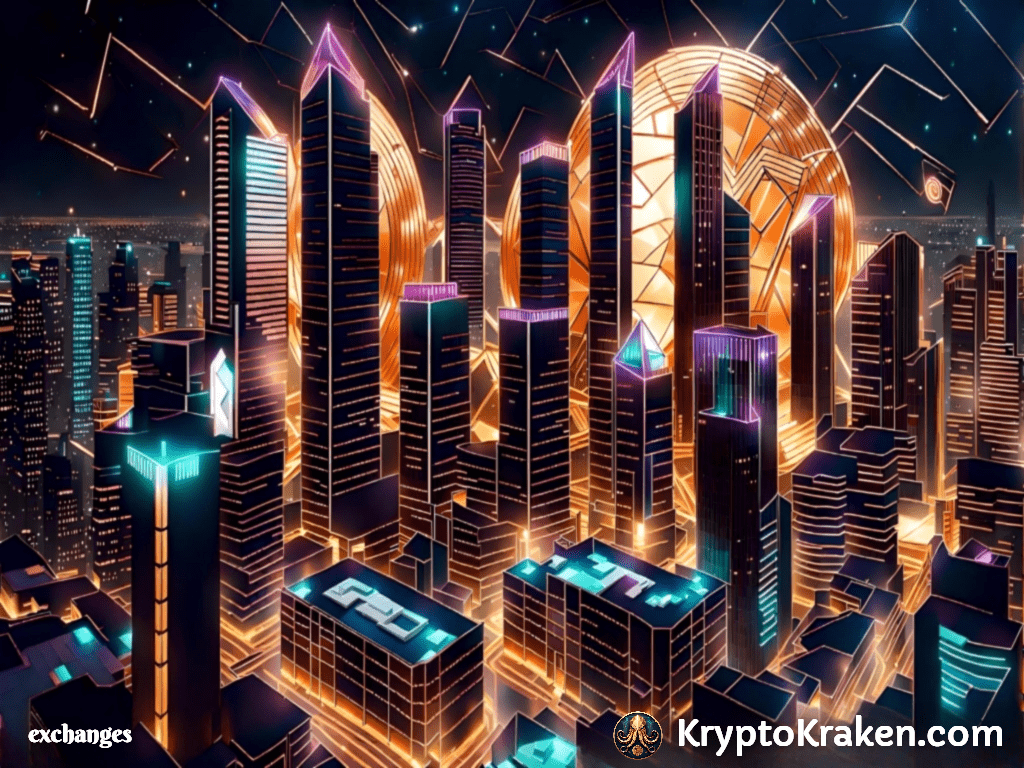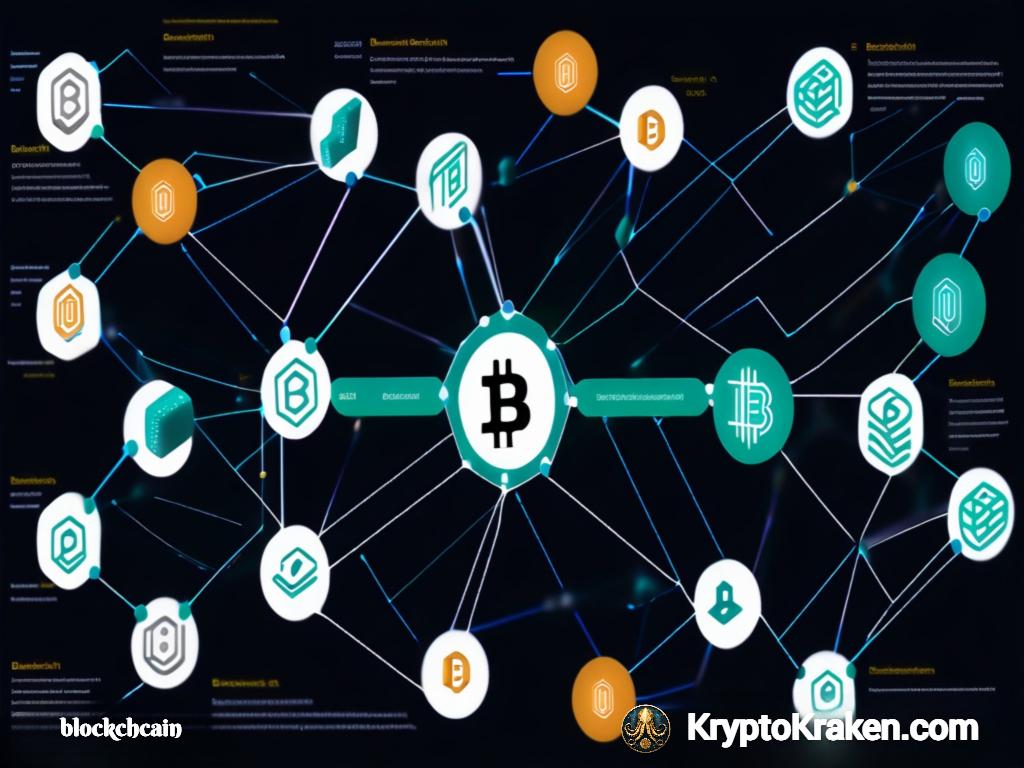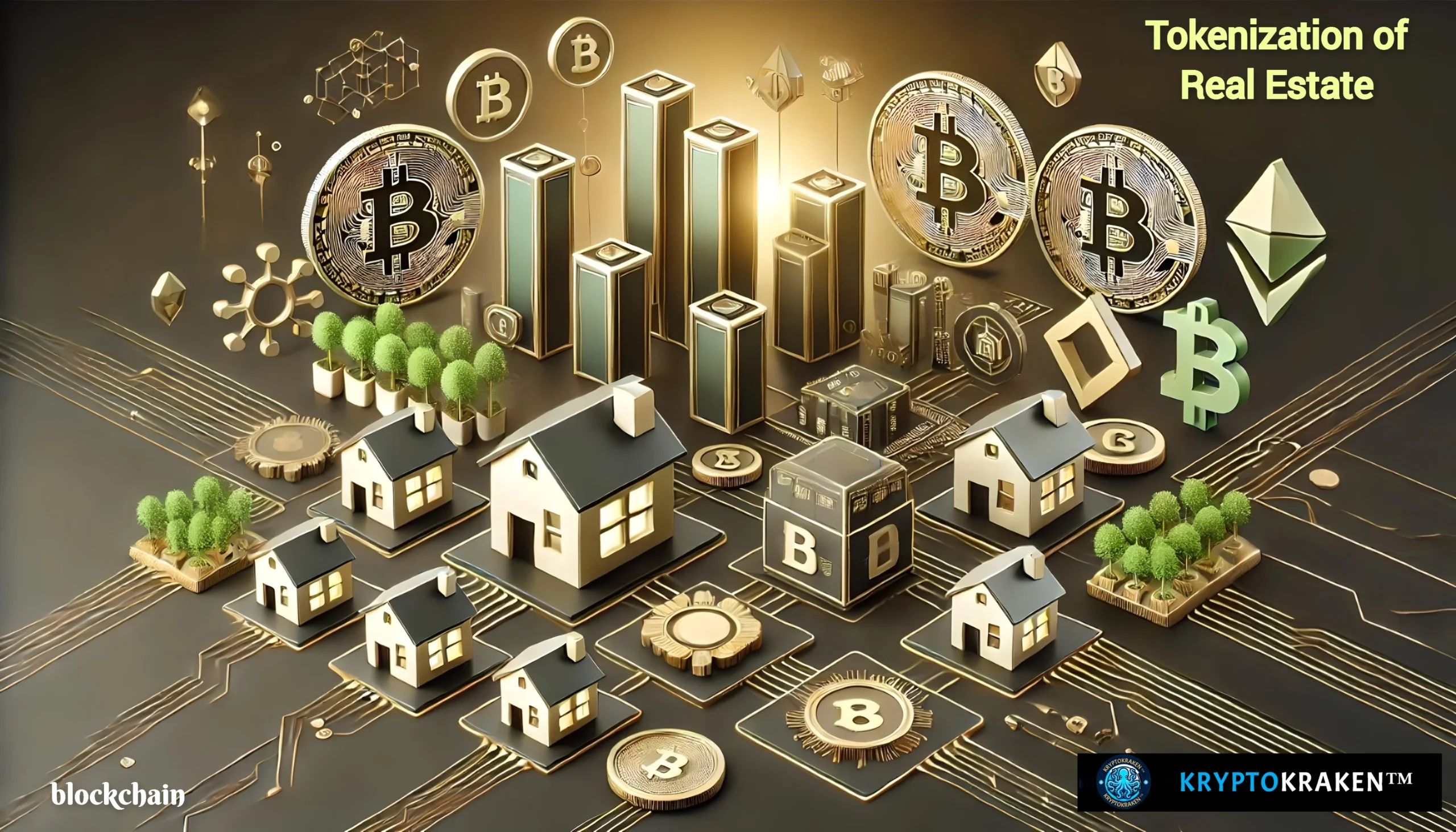
- June 25, 2024
- Dennis Frank
- 0
Real estate tokenization is revolutionizing the way we invest in properties. By leveraging blockchain technology, it offers a new level of accessibility, liquidity, and transparency. In this article, we will explore the various dimensions of real estate tokenization, from single-family homes to specialized properties. Join us on this exciting journey as we delve into the world of tokenized real estate.
Table of Contents
Introduction to Real Estate Tokenization
Before we dive into the specifics, let’s start with a brief overview of real estate tokenization. In simple terms, tokenization is the process of converting a real-world asset, such as a property, into digital tokens that can be bought, sold, and traded on a blockchain platform. These tokens represent shares of ownership in the asset, allowing investors to participate in real estate markets with smaller amounts of capital.
Tokenization brings several benefits to the table. It enhances liquidity by eliminating the need for intermediaries and reducing transaction costs. It also enables fractional ownership, making real estate investment more accessible to a wider range of investors. Furthermore, it enhances transparency and reduces fraud through the use of blockchain’s immutable ledger.
One of the key advantages of real estate tokenization is the potential for increased market efficiency. By digitizing assets and streamlining the investment process, tokenization can attract a broader pool of investors, including those who may have been previously excluded due to high entry barriers. This democratization of real estate investment can lead to a more diverse and dynamic market ecosystem.
Moreover, real estate tokenization opens up new possibilities for asset management and portfolio diversification. Investors can easily buy and sell fractions of properties, allowing them to spread their investments across multiple assets with different risk profiles. This flexibility not only reduces concentration risk but also provides investors with the opportunity to tailor their portfolios to meet specific investment goals and risk preferences.
Fundamentals of Tokenization
Now that we understand the basics, let’s dig deeper into the fundamentals of real estate tokenization. The process involves several key steps. First, a property is identified for tokenization. This can be any type of real estate asset, ranging from residential homes to commercial buildings.
Next, the property is divided into shares or tokens, each representing a portion of its ownership. These tokens are then issued on a blockchain platform, allowing investors to purchase them. Once the tokens are purchased, the ownership rights and benefits associated with the property are transferred to the token holders.
Tokenization also introduces the concept of smart contracts. These self-executing contracts are written into the blockchain and automatically enforce the terms and conditions agreed upon by the parties involved. Smart contracts streamline processes such as rental income distribution, property management, and even voting on property-related matters.
Furthermore, real estate tokenization opens up new opportunities for fractional ownership. This means that investors can own a fraction of high-value properties that were previously out of reach. Fractional ownership allows for diversification of investment portfolios without the need for substantial capital.
Another benefit of tokenization is increased liquidity in the real estate market. By digitizing assets and enabling trading on secondary markets, investors have the flexibility to buy and sell tokens more easily, reducing the traditional barriers to entry and exit in real estate investments.

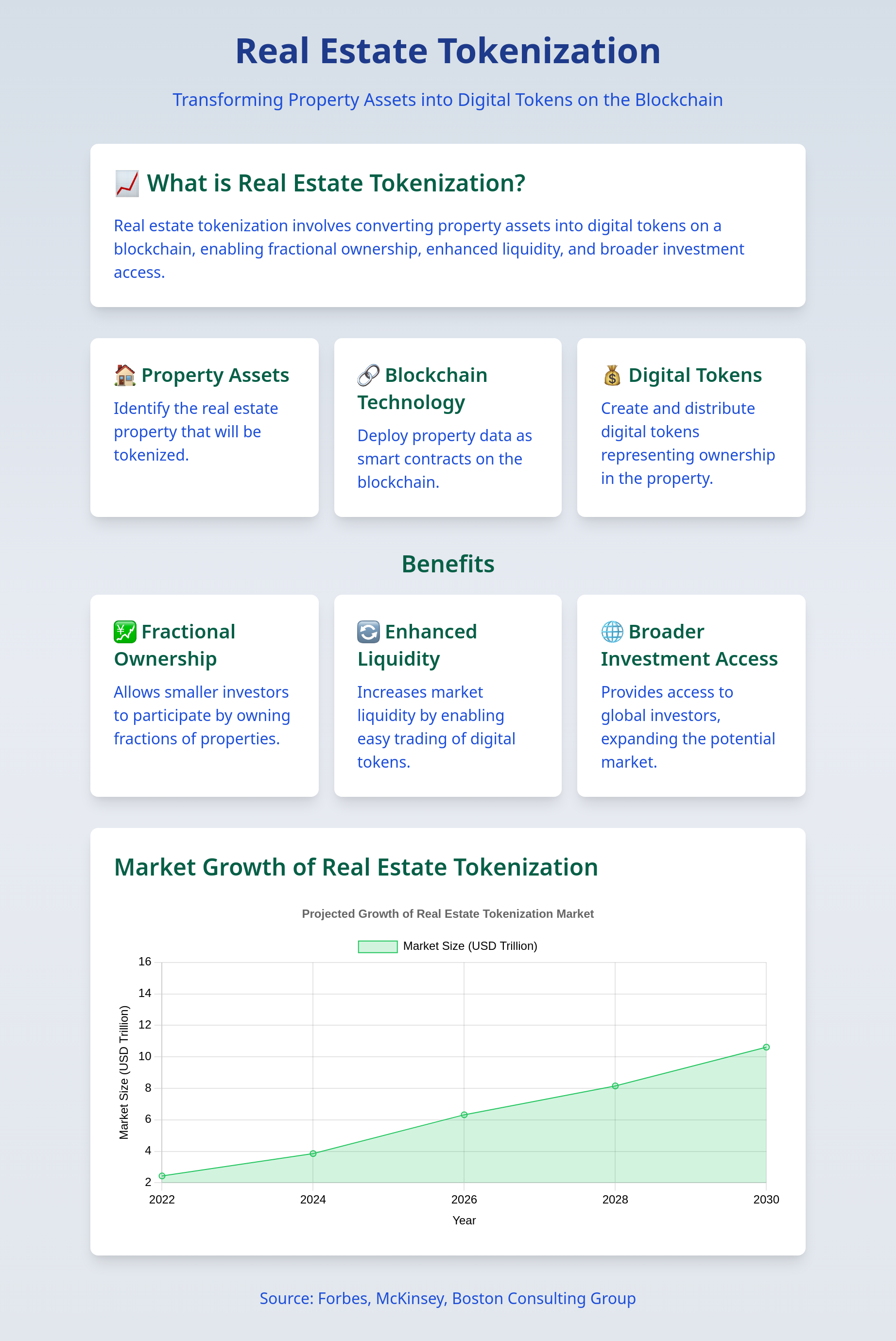
Single-Family Homes Tokenization
One of the exciting dimensions of real estate tokenization is the tokenization of single-family homes. Traditionally, investing in residential properties required significant capital and commitment. However, with tokenization, individuals can now own a fraction of a residential property without the hassle of managing it themselves.
Imagine being able to invest in a diverse portfolio of single-family homes across different locations, spreading your risk and maximizing your returns. Whether you’re a seasoned investor or a first-time buyer, real estate tokenization offers a new level of flexibility and control over your investments.
Furthermore, the tokenization of single-family homes opens up opportunities for fractional ownership, allowing investors to participate in real estate markets that were previously inaccessible. This democratization of real estate investment means that individuals from all walks of life can now benefit from the potential returns of property ownership.
Additionally, the use of blockchain technology in real estate tokenization ensures transparency and security in transactions. Each property token is unique and represents a specific portion of the underlying asset, providing clarity and authenticity to investors.
Tokenization of Multi-Family Complexes
Beyond single-family homes, multi-family complexes are also ripe for tokenization. These properties, such as apartment buildings and condominiums, offer attractive investment opportunities for individuals looking to diversify their real estate portfolio. Through tokenization, investors can access the potential cash flow and long-term appreciation associated with these properties, without the burden of property management.
Imagine investing in a tokenized multi-family complex located in a thriving urban area. Not only would you benefit from regular rental income, but also from the potential value appreciation driven by demand for housing in the area. Tokenization allows you to tap into the lucrative real estate market, regardless of your budget or experience.
Furthermore, tokenization of multi-family complexes can provide investors with increased liquidity compared to traditional real estate investments. By dividing the ownership of the property into tokens, investors have the flexibility to buy and sell their shares more easily, without the constraints of the traditional real estate market. This liquidity can be particularly beneficial in times when investors need to access their funds quickly or take advantage of emerging investment opportunities.
Additionally, tokenization opens up the possibility of fractional ownership in high-value properties that would otherwise be out of reach for individual investors. This democratization of real estate investment allows individuals to own a stake in premium assets and benefit from their financial performance, without the need for significant capital outlay. As a result, tokenization is revolutionizing the real estate industry by making it more accessible, flexible, and inclusive for a wider range of investors.
Luxury Real Estate Tokenization
For those with a taste for the finer things in life, luxury real estate tokenization opens up a whole new world of possibilities. Tokenizing luxury properties, such as mansions and penthouses, allows investors to own a piece of the glamorous lifestyle without the astronomical price tag.
Imagine being part of a tokenized luxury real estate portfolio, where you can invest in properties located in exclusive destinations around the world. From luxurious beachfront villas to opulent penthouses with panoramic city views, tokenization offers a gateway to the world of luxury real estate.
Furthermore, the concept of luxury real estate tokenization is revolutionizing the way investors approach high-end properties. By breaking down ownership into digital tokens, individuals can now diversify their investment portfolios with fractional ownership of multiple luxury properties, spreading their risk while enjoying the benefits of real estate appreciation.
Moreover, the tokenization of luxury real estate properties also opens up new avenues for liquidity and accessibility in the market. Investors no longer need to deal with the traditional barriers of high entry costs and illiquidity associated with luxury real estate investments. Instead, they can buy and sell digital tokens representing fractional ownership of prestigious properties with ease, providing a level of flexibility and efficiency previously unseen in the luxury real estate market.
Vacation Homes and Second Properties
Do you dream of owning a vacation home in your favorite destination? Real estate tokenization can turn that dream into a reality. By tokenizing vacation homes and second properties, individuals can invest in their desired getaway spots without the burden of full ownership and maintenance.
From cozy cabins in the mountains to stunning beachfront villas, tokenization allows you to own a fraction of these vacation properties. This means you can enjoy the benefits of a second home without the costs and responsibilities typically associated with it. With real estate tokenization, your dream vacation home is well within reach.
Imagine waking up to the sound of birds chirping in a secluded mountain cabin that you co-own through tokenization. You can escape the hustle and bustle of city life and unwind in the tranquility of nature, all while knowing that your investment is secure and managed efficiently. Real estate tokenization not only provides you with a slice of paradise but also offers a hassle-free way to diversify your investment portfolio.
Furthermore, owning a fraction of a vacation property through tokenization opens up a world of possibilities for travel enthusiasts. You can explore different destinations and cultures without the commitment of owning multiple properties outright. Whether you prefer the serenity of a lakeside retreat or the excitement of a cosmopolitan city apartment, real estate tokenization offers a flexible and innovative approach to fulfilling your vacation home dreams.
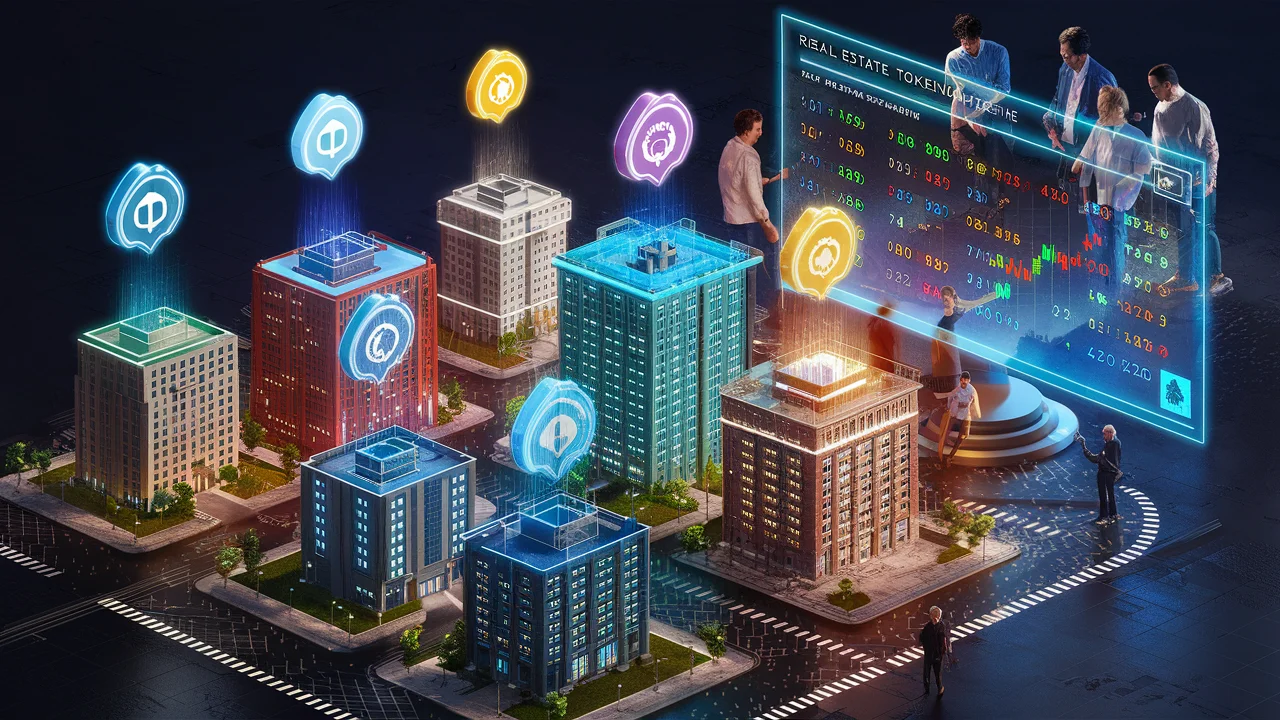
Student Housing Investments
Investing in student housing has long been a lucrative option for real estate investors. With the rise in higher education, there is a growing demand for housing near universities and colleges. Real estate tokenization enables individuals to tap into this market, benefiting from the consistent demand for student accommodation.
By tokenizing student housing properties, investors can participate in this thriving sector while diversifying their real estate portfolio. Tokenized student housing investments offer the potential for stable rental income and capital appreciation, making it an attractive option for both seasoned and first-time investors.
Moreover, student housing investments can provide investors with unique opportunities for value-add strategies. For instance, renovating and modernizing student accommodations can significantly increase rental yields and property value. Implementing amenities such as high-speed internet, communal study areas, and fitness facilities can attract more tenants and command higher rental rates.
Additionally, investing in student housing properties located in strategic locations can offer investors a competitive edge. Proximity to public transportation, campus facilities, and popular student hangouts can enhance the desirability of the property, leading to lower vacancy rates and higher tenant retention.
Commercial Real Estate Tokenization
Commercial real estate, including retail spaces, office buildings, and industrial properties, presents another exciting dimension of real estate tokenization. These properties offer a wide range of investment opportunities, catering to different risk appetites and investment objectives.
Through tokenization, aspiring real estate investors can now access the commercial property market without the need for large sums of capital. Whether you’re interested in investing in a bustling retail space, a thriving office building, or a high-capacity warehouse, tokenization empowers you to participate in the commercial real estate landscape.
Tokenization of commercial real estate assets involves converting ownership rights into digital tokens on a blockchain. This process provides fractional ownership, allowing investors to buy and trade tokens representing a portion of the property. The blockchain technology ensures transparency, security, and efficiency in transactions, revolutionizing the way real estate investments are made.

Moreover, commercial real estate tokenization opens up new avenues for global investment opportunities. Investors from different parts of the world can now engage in the commercial property market without geographical constraints. This increased accessibility not only diversifies investment portfolios but also fosters a more interconnected and dynamic real estate ecosystem.
Retail Space Tokenization
Retail space tokenization opens up a world of possibilities for aspiring retail investors. Traditionally, investing in retail properties required substantial financial resources and a deep understanding of the market. Tokenization eliminates these barriers, allowing individuals to invest in retail spaces with ease.
Imagine being part of a tokenized retail portfolio, comprised of high-traffic shopping malls, vibrant city center shops, and trendy boutique stores. Tokenization provides access to this dynamic sector, enabling you to benefit from the potential rental income and capital appreciation associated with retail properties.
Furthermore, by investing in tokenized retail spaces, you can diversify your investment portfolio and reduce risk. Retail properties have historically shown resilience in the face of economic downturns, making them a stable long-term investment option. Tokenization allows you to spread your investment across multiple retail properties, mitigating the impact of any individual property underperforming.
Moreover, the transparency and liquidity offered by tokenization enhance the overall investment experience. With blockchain technology facilitating the trading of digital tokens representing ownership in retail spaces, investors can easily buy and sell their holdings. This liquidity provides flexibility and agility in managing your retail property investments, allowing you to react swiftly to market changes and capitalize on emerging opportunities.
Office Buildings and Workspaces
Tokenization also extends to office buildings and workspaces, providing opportunities for individuals to invest in the commercial property market. As the nature of work continues to evolve, the demand for flexible office spaces is on the rise. Through real estate tokenization, investors can access this growing segment of the market.
Imagine participating in a tokenized office building, housing innovative startups and established businesses. By investing in this asset class, you can benefit from the potential rental income generated by the tenants, as well as the long-term value appreciation of the property. Real estate tokenization brings the world of office spaces to your fingertips.
Furthermore, the concept of tokenizing office buildings opens up a new realm of possibilities for investors. With blockchain technology enabling fractional ownership, individuals can now own a portion of a prime office location that was once only accessible to large corporations or institutional investors. This democratization of real estate investment allows for greater diversification and access to potentially lucrative opportunities.
Picture being able to invest in a tokenized workspace that fosters collaboration and innovation among its tenants. From shared amenities to networking events, these modern office buildings are designed to cater to the evolving needs of today’s workforce. By participating in such ventures, investors not only stand to gain financially but also contribute to the growth of dynamic business communities.
Industrial Properties on the Blockchain
When it comes to real estate tokenization, industrial properties, such as warehouses and factories, deserve special attention. These properties play a vital role in the logistics and supply chain industry, and tokenization offers unique advantages for both investors and tenants.
Tokenizing warehouses and factories on the blockchain provides investors with the opportunity to own a fraction of these income-generating assets. The demand for storage and manufacturing facilities continues to grow, and tokenization allows individuals to tap into this lucrative sector. With real estate tokenization, your investments can benefit from the potential cash flow and long-term value appreciation associated with industrial properties.
Hospitality and Resort Tokenization
Have you ever envisioned yourself owning a share of a luxurious resort or a charming bed and breakfast? Real estate tokenization can make this dream a reality. By tokenizing hospitality and resort properties, individuals can enjoy the benefits of owning a piece of the exciting and ever-growing tourism industry.
Investing in tokenized hospitality properties allows you to participate in the potential profits generated by the tourism sector without the hassle of managing a full-scale resort. Whether it’s a beachfront hotel or a mountain retreat, real estate tokenization offers a gateway to the world of hospitality and resort investments.

Mixed-Use Developments Tokenization
Mixed-use developments, which combine residential, commercial, and retail spaces in a single property, are gaining popularity in urban areas. Real estate tokenization enables investors to gain exposure to this diversified asset class without the need for significant capital.
Imagine investing in a tokenized mixed-use development, where you can benefit from both residential rental income and commercial lease agreements. These properties offer the potential for consistent cash flow and value appreciation, making them an attractive investment option for individuals seeking a balanced portfolio.
Tokenization of Undeveloped Land
Real estate tokenization goes beyond developed properties. Investors can also participate in the tokenization of undeveloped land, unlocking the potential of raw, untapped resources. Whether it’s vacant land in a suburban area or a plot with future development prospects, tokenization allows individuals to access these real estate assets.
Tokenizing undeveloped land offers investors the opportunity to participate in its future development. As the land appreciates in value and gains development potential, token holders stand to benefit from the appreciation of their investment. With real estate tokenization, the world of land development is within your reach.
Agricultural Land Tokenization
Agricultural land plays a critical role in our food production systems. Real estate tokenization opens up opportunities for individuals to invest in this essential asset class. By tokenizing agricultural land, investors can support sustainable farming practices and benefit from the potential income generated by these properties.
Imagine owning a fraction of a vast agricultural estate, where organic fruits and vegetables are grown using innovative and eco-friendly methods. Tokenization allows individuals to participate in the agricultural sector, aligning their investments with their values and promoting sustainable food production practices.
Specialized Real Estate Tokenization
In addition to the more common dimensions of real estate tokenization, there are specialized properties that can also be tokenized. These unique assets offer niche investment opportunities for individuals with specific interests or industry expertise.
One such example is the tokenization of historic and cultural properties. By investing in tokenized historic buildings or landmarks, individuals can contribute to preserving these culturally significant sites while potentially benefiting from their value appreciation.
Another example is the tokenization of infrastructure projects. From bridges and toll roads to renewable energy plants, investing in tokenized infrastructure allows individuals to participate in the development of critical public assets, diversifying their investment portfolio while making a positive impact on society.
Legal and Regulatory Framework
As with any emerging industry, real estate tokenization operates within a legal and regulatory framework. The specific regulations governing real estate tokenization vary across jurisdictions, and it’s essential to understand the legal implications before getting involved.
Regulatory bodies and governments are continuously working to establish guidelines that protect investors and ensure the integrity of the market. By staying informed and working within the legal boundaries, investors can participate in real estate tokenization confidently.

Future Trends in Real Estate Tokenization
The world of real estate tokenization is ever-evolving, with new trends and innovations constantly emerging. As technology advances, we can expect exciting developments in areas such as peer-to-peer lending, real estate crowdfunding, and even fractional ownership of iconic landmarks.
Furthermore, the global adoption of blockchain technology is expanding, creating new opportunities and opening up previously untapped markets. As investors and entrepreneurs embrace the possibilities offered by real estate tokenization, we can look forward to a future where real estate investment is more accessible and inclusive.
In conclusion, real estate tokenization is transforming the way we invest in properties. From single-family homes to specialized real estate assets, the dimensions of tokenized real estate are vast and diverse. By leveraging blockchain technology, real estate tokenization offers accessibility, liquidity, and transparency like never before. Whether you’re a seasoned investor or a first-time buyer, real estate tokenization empowers you to participate in the exciting world of real estate investment. So, seize the opportunity, explore the dimensions of real estate tokenization, and unlock the potential of this innovative investment strategy.



